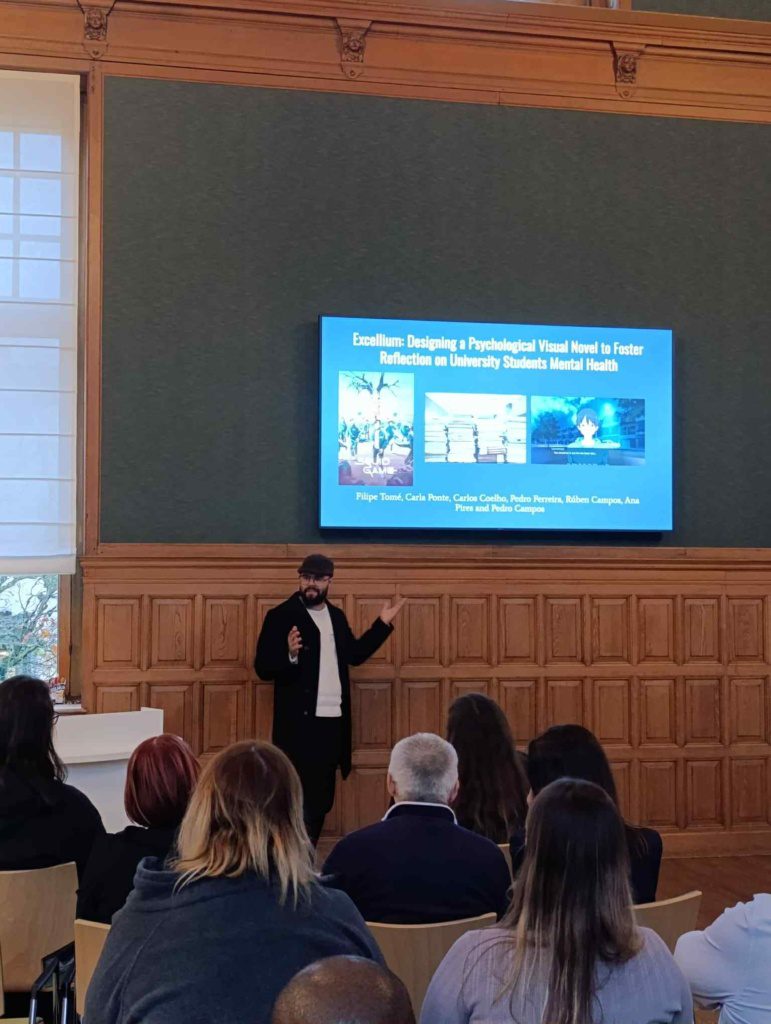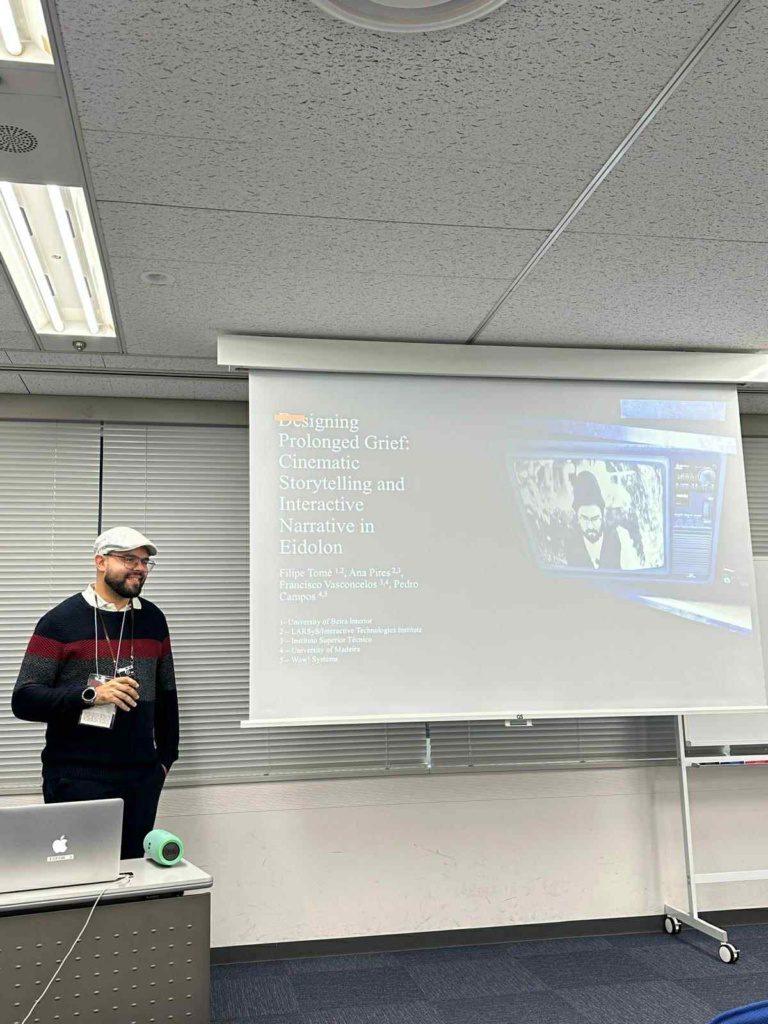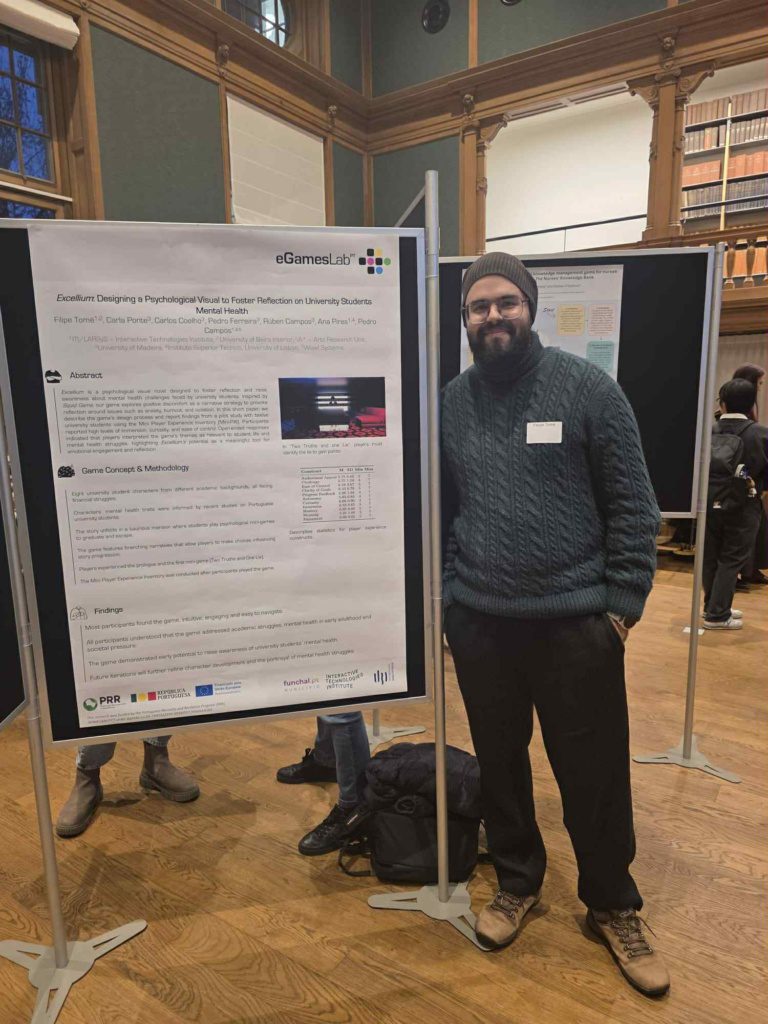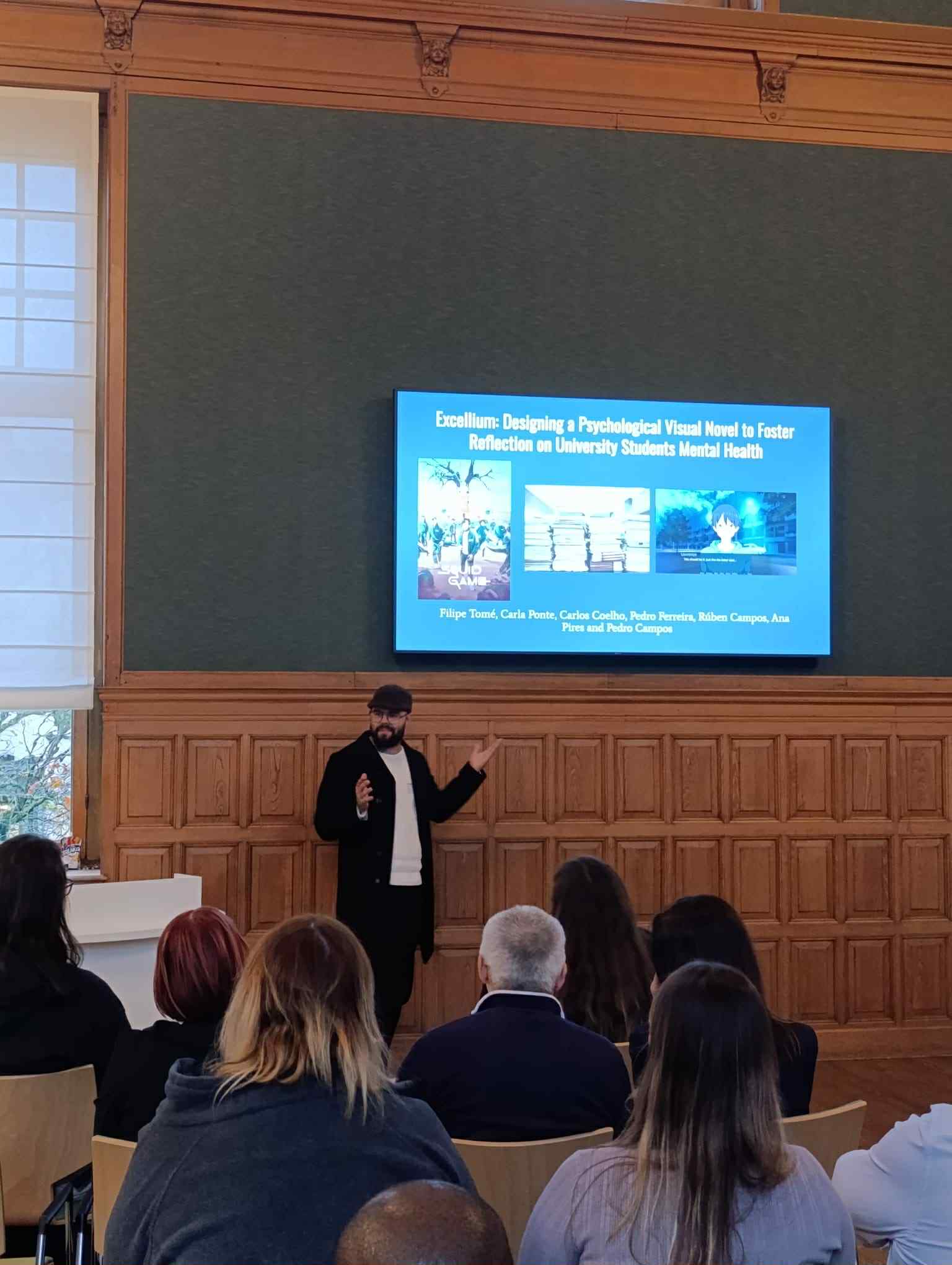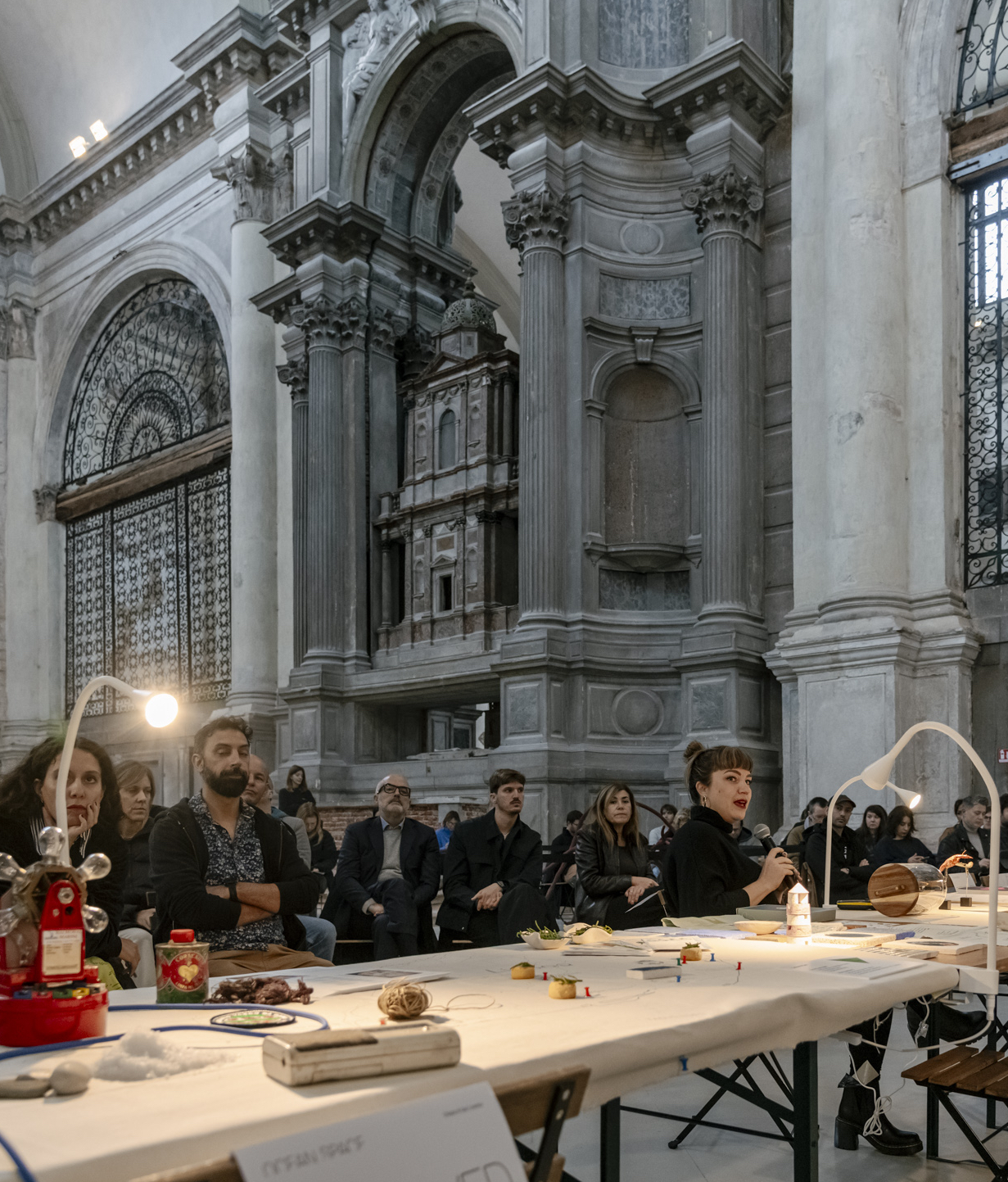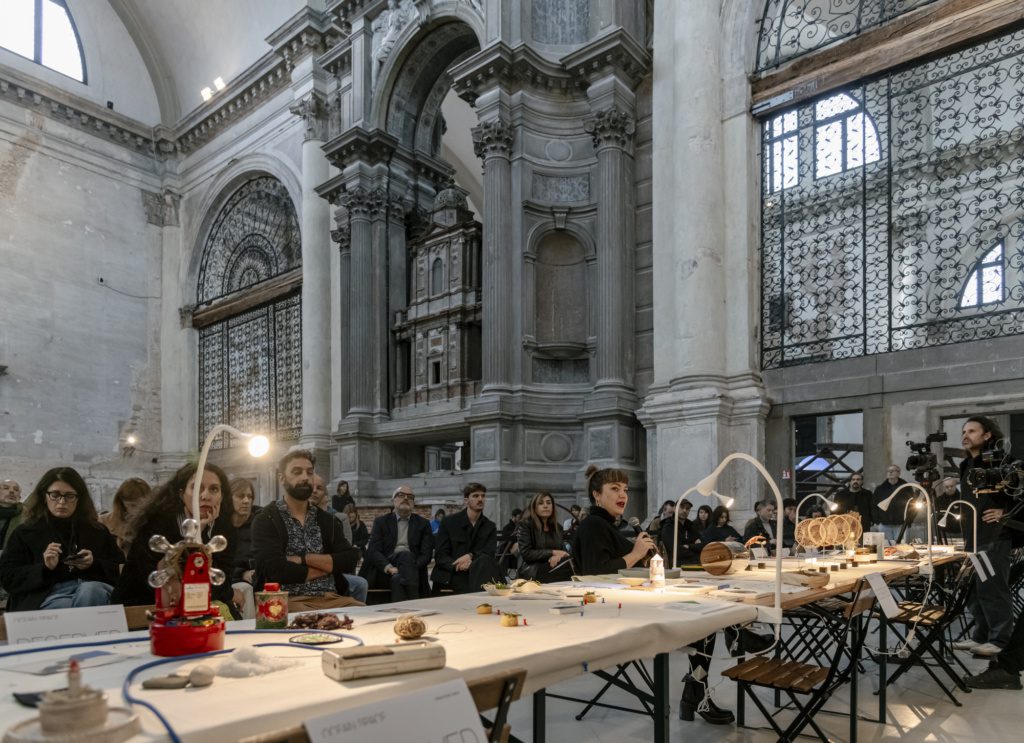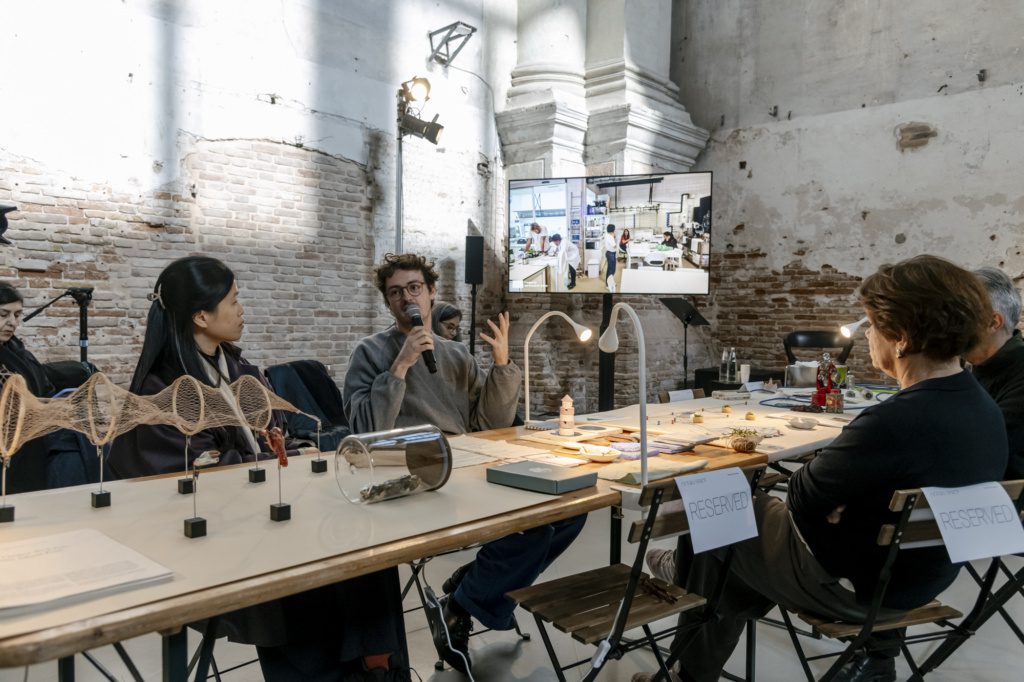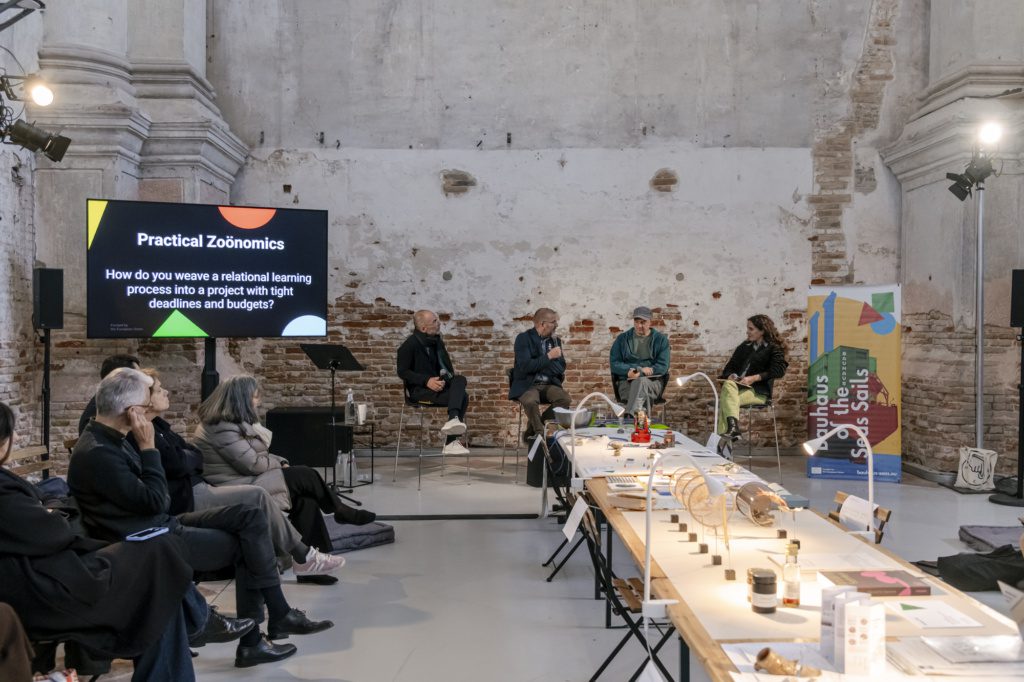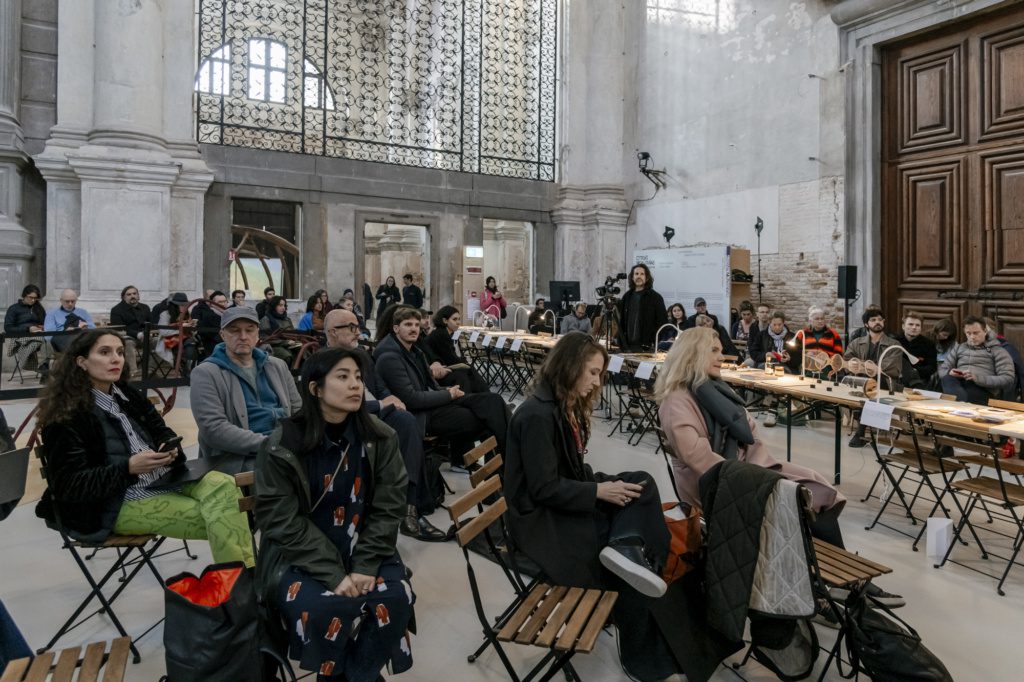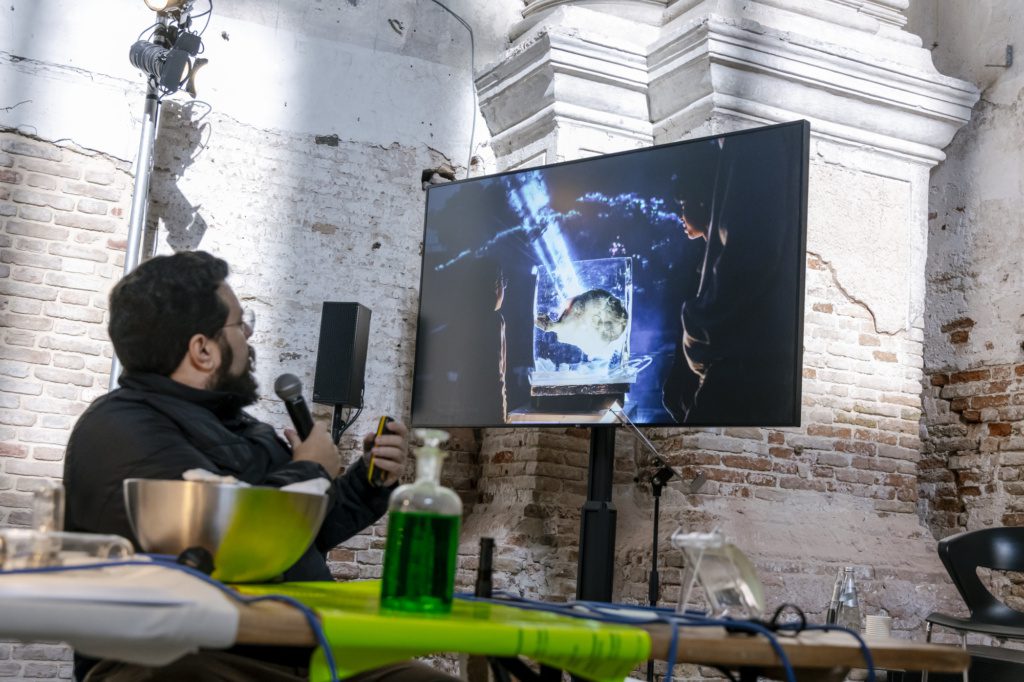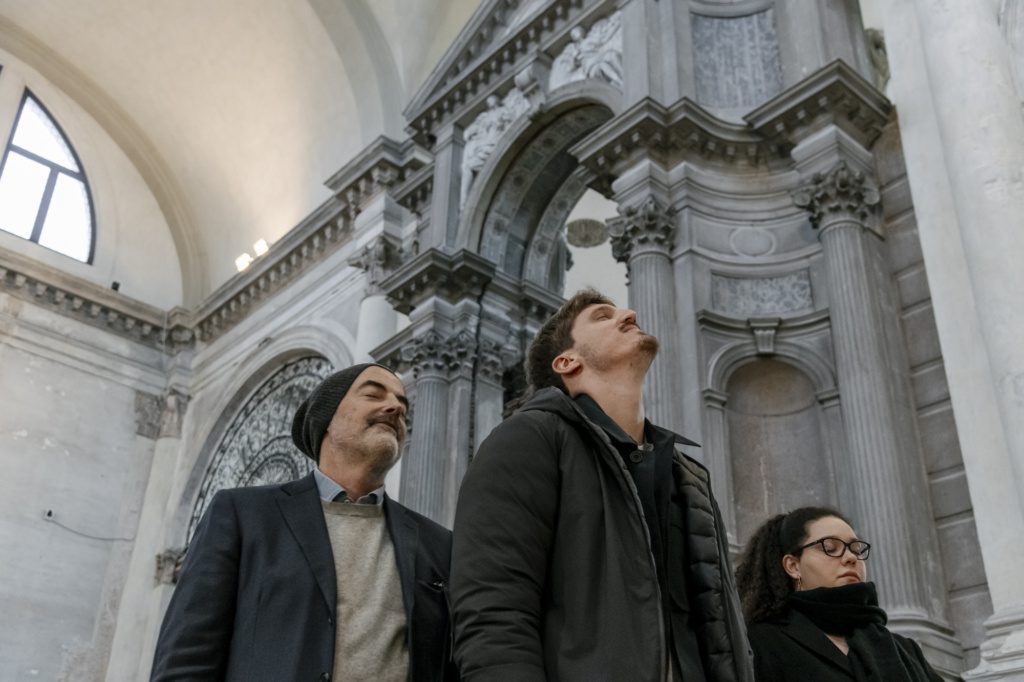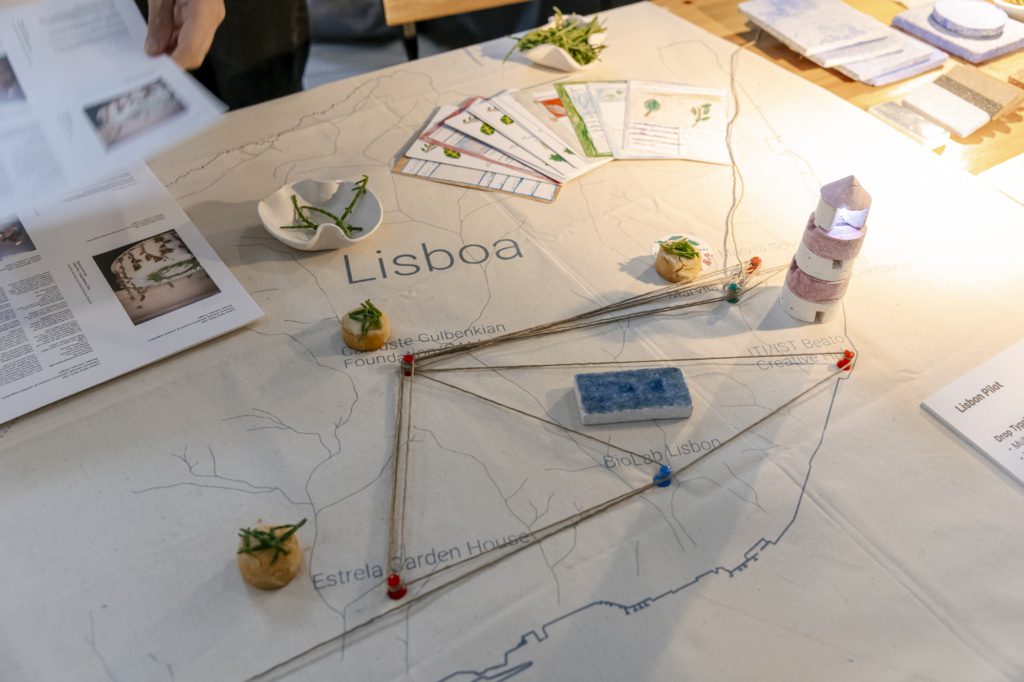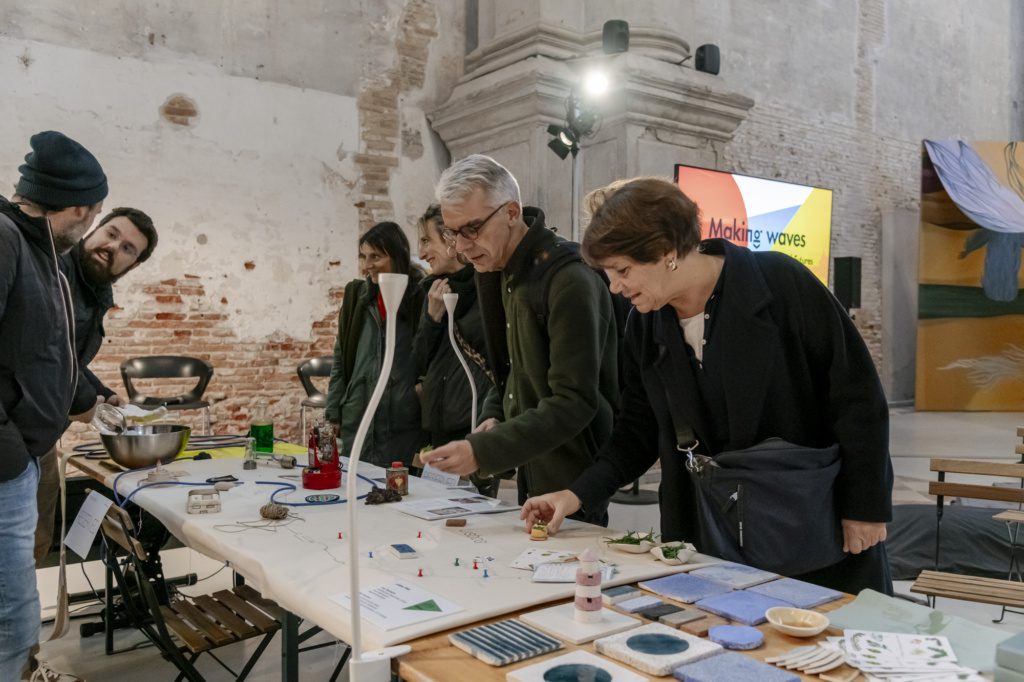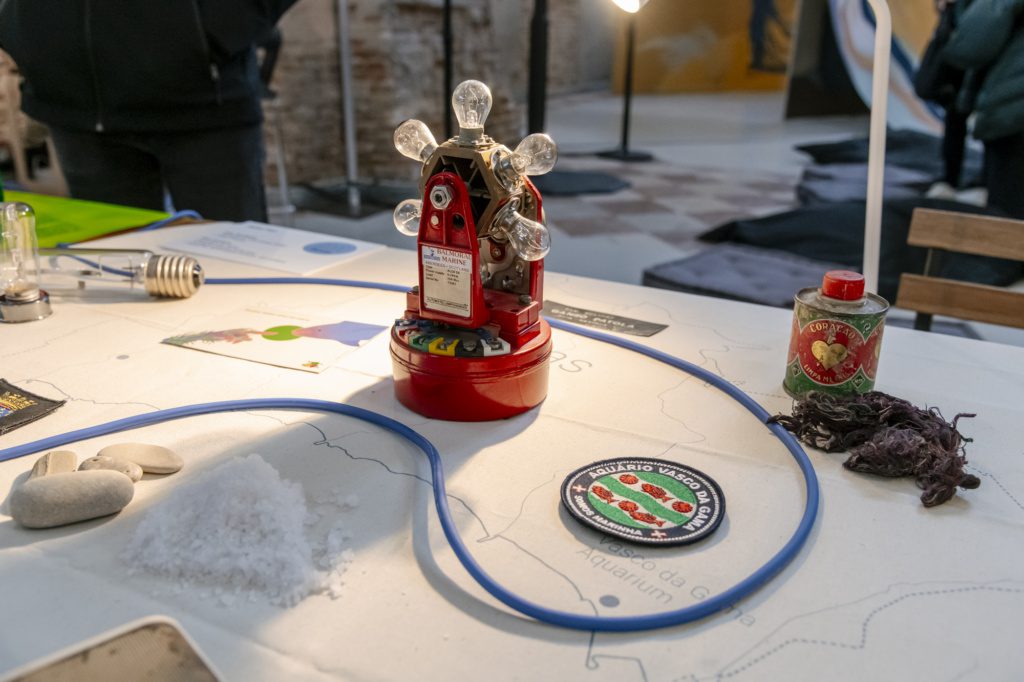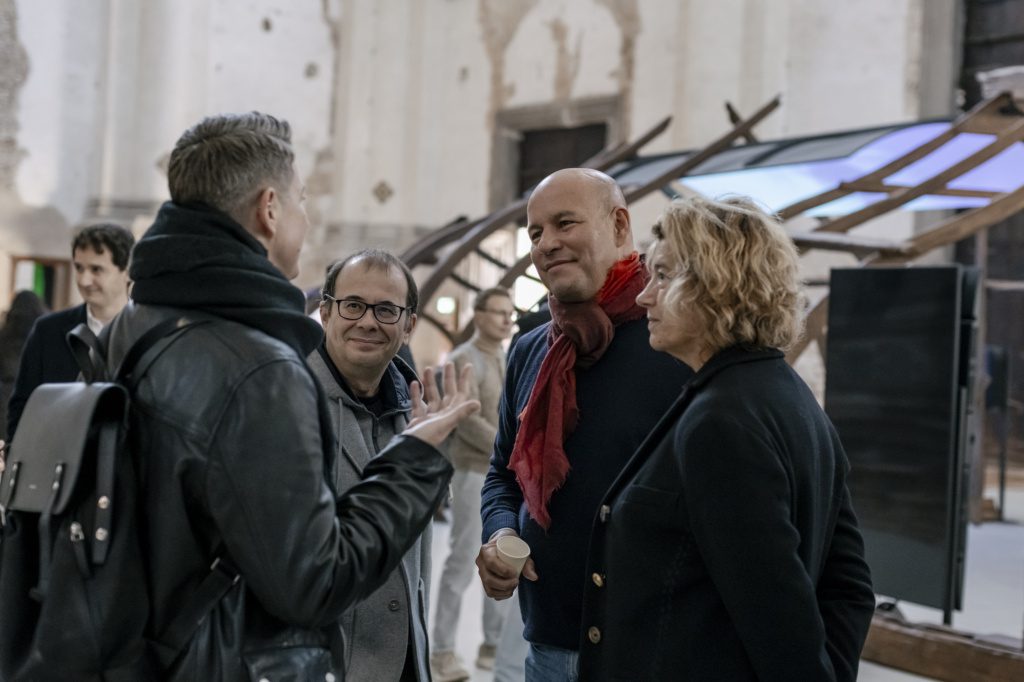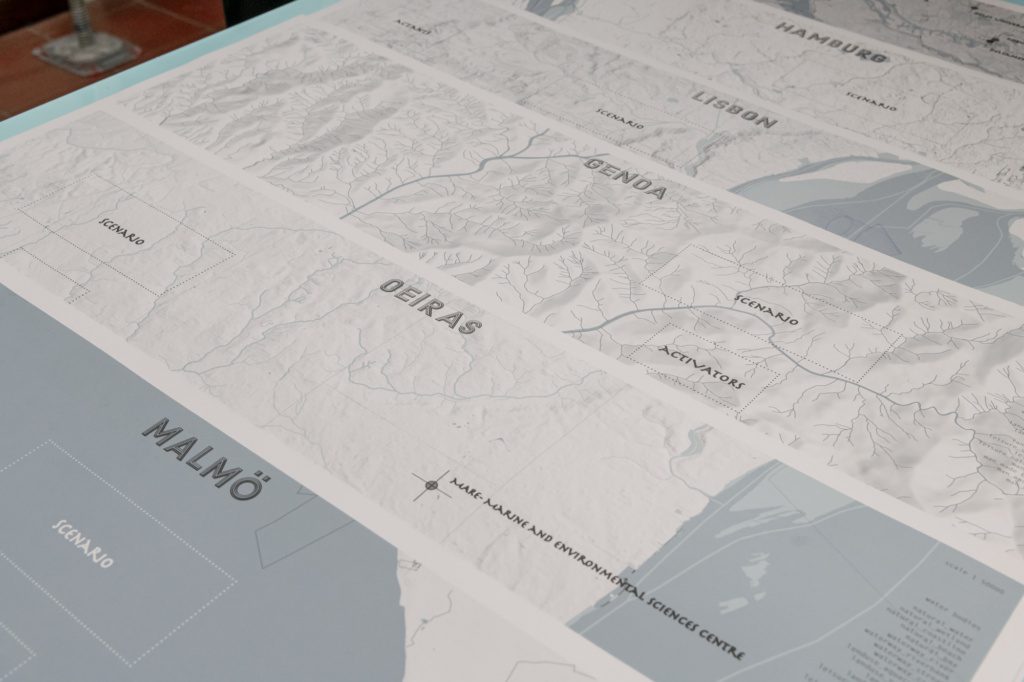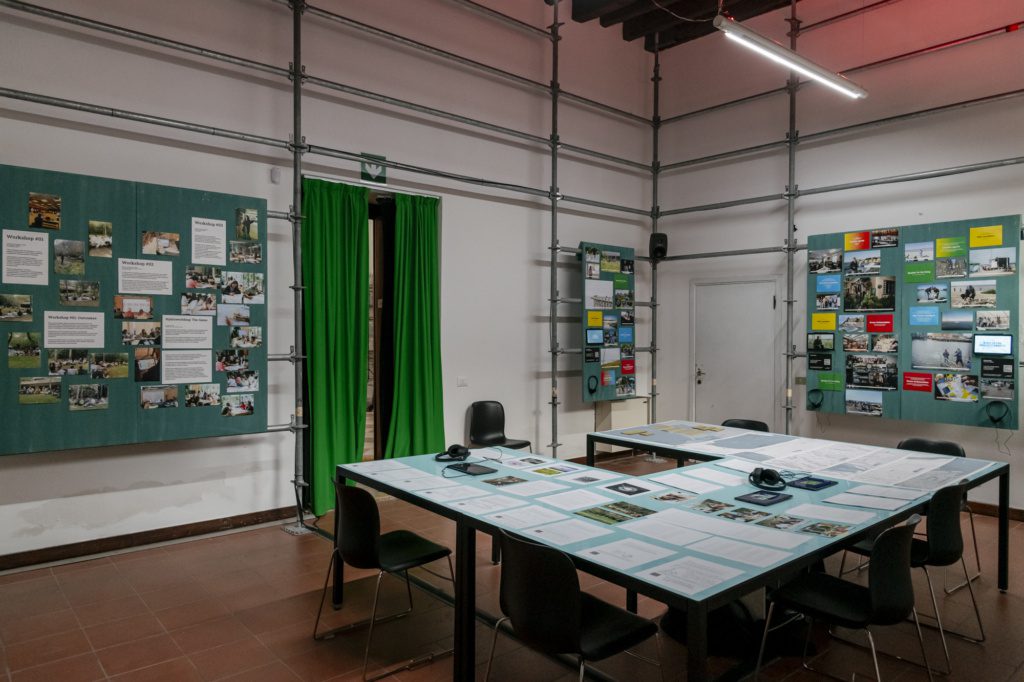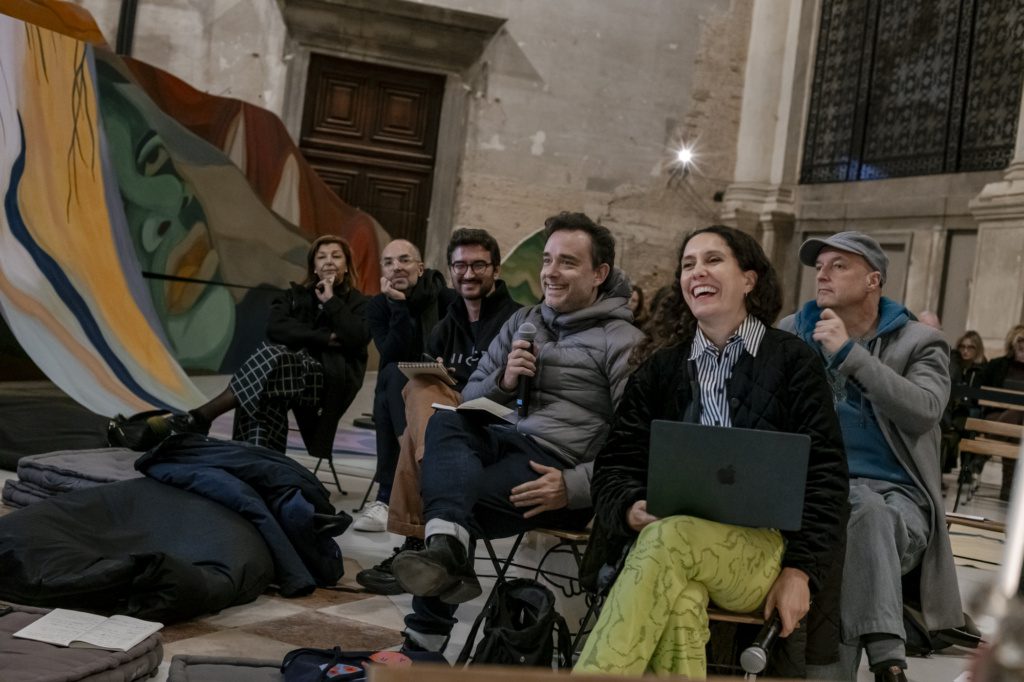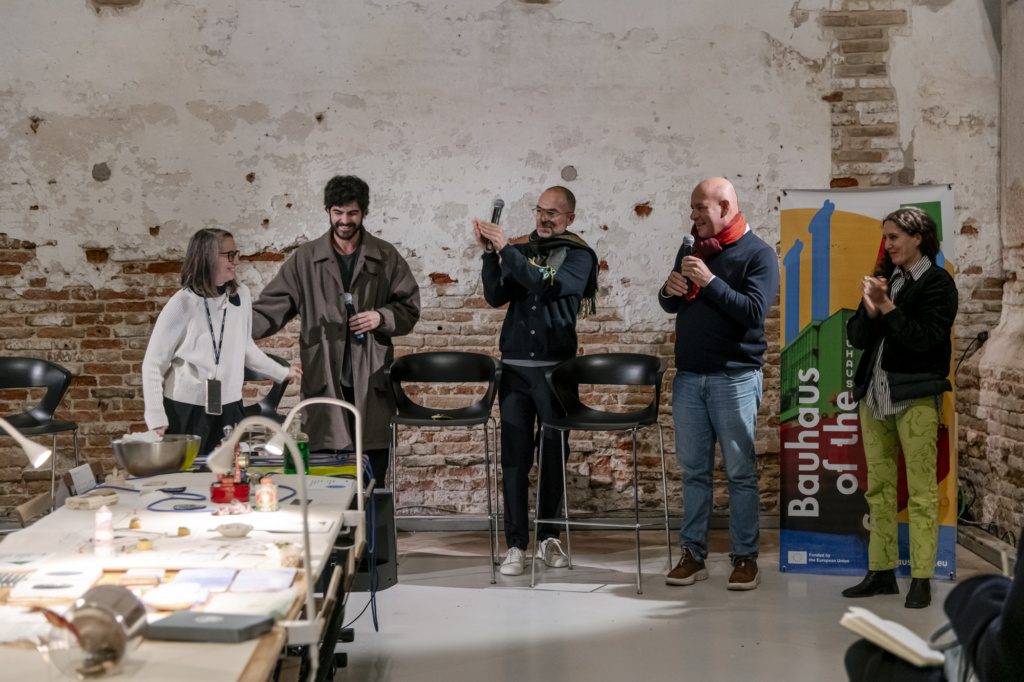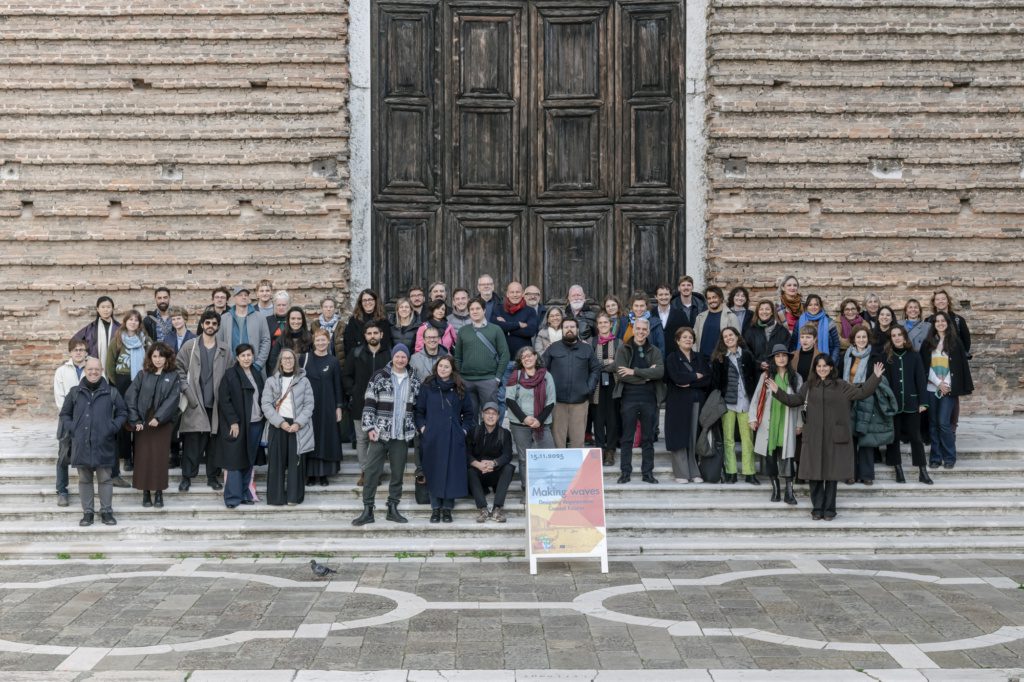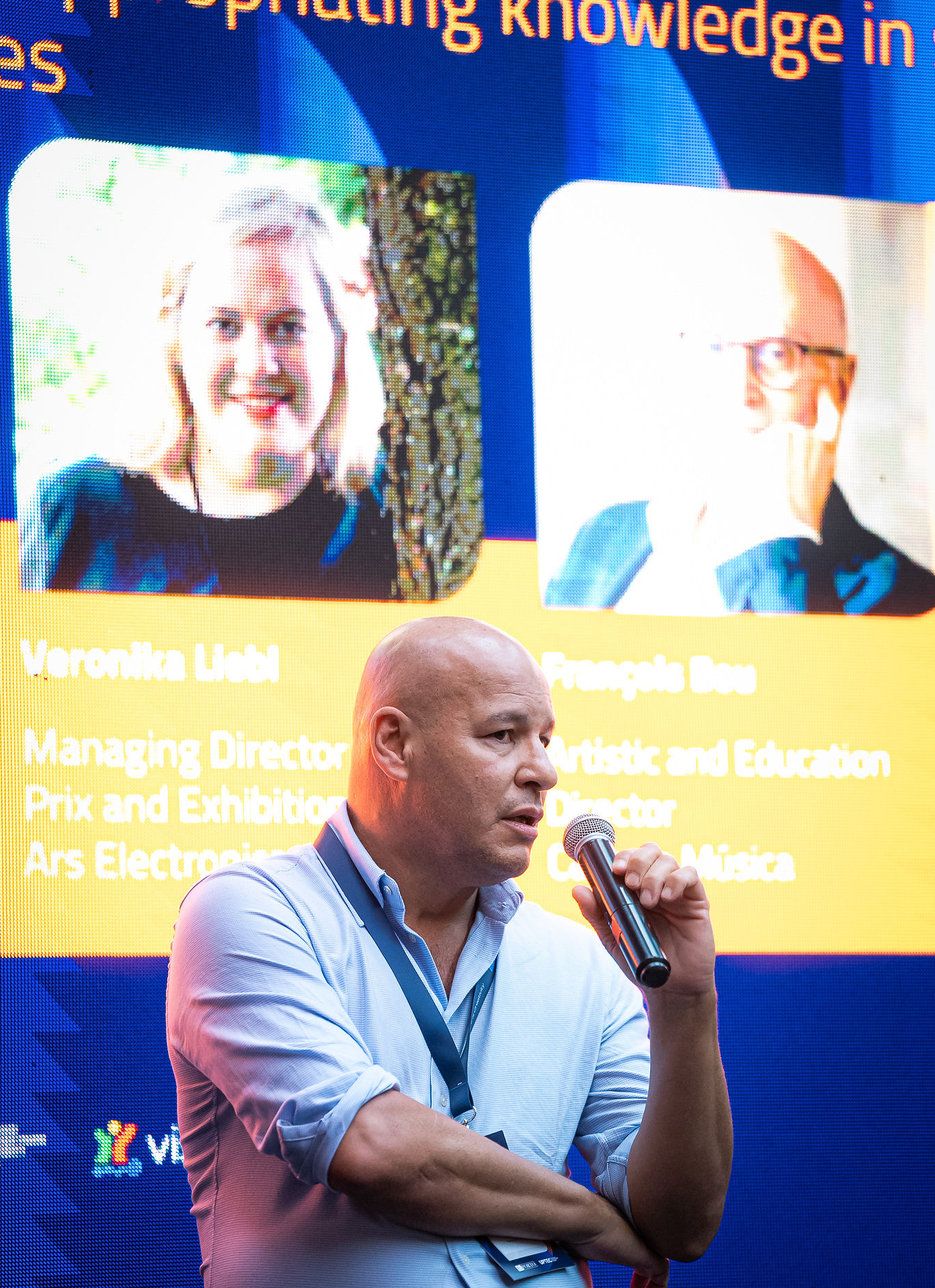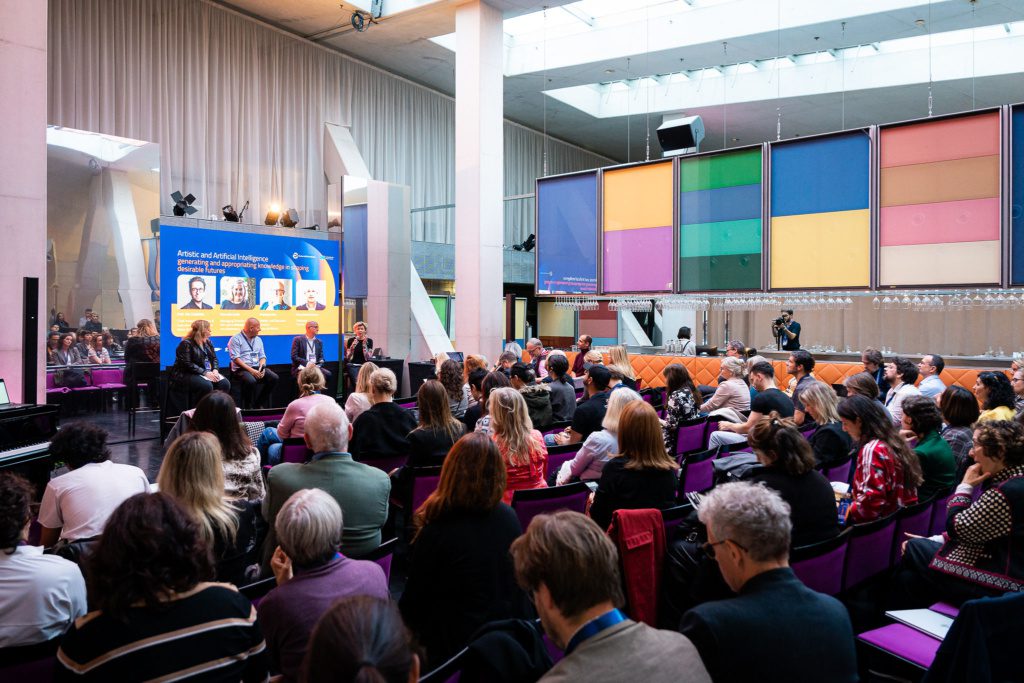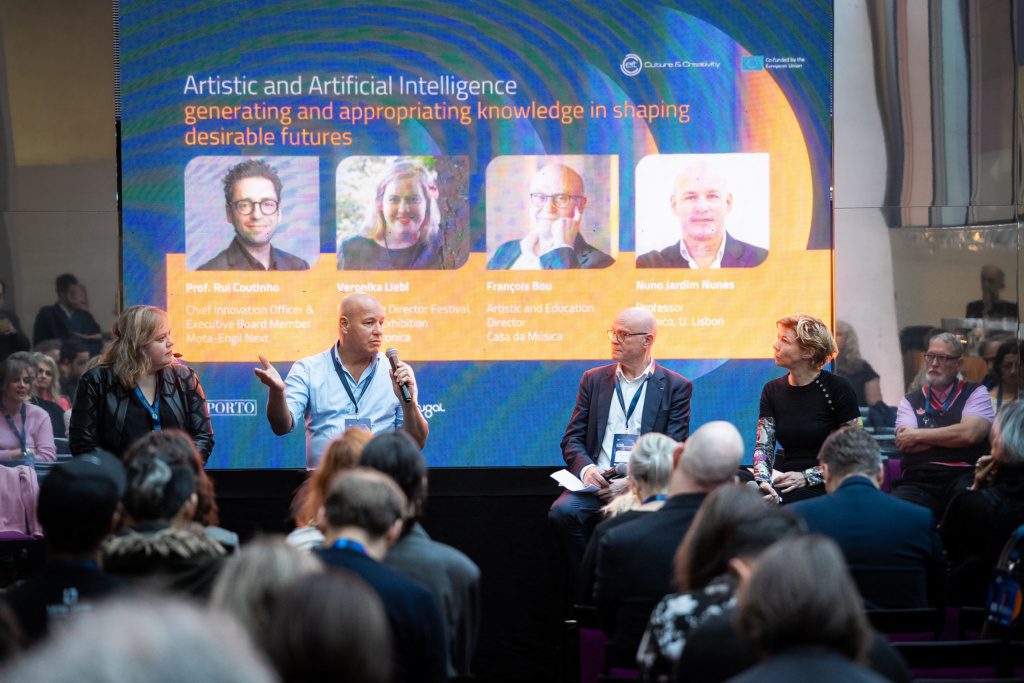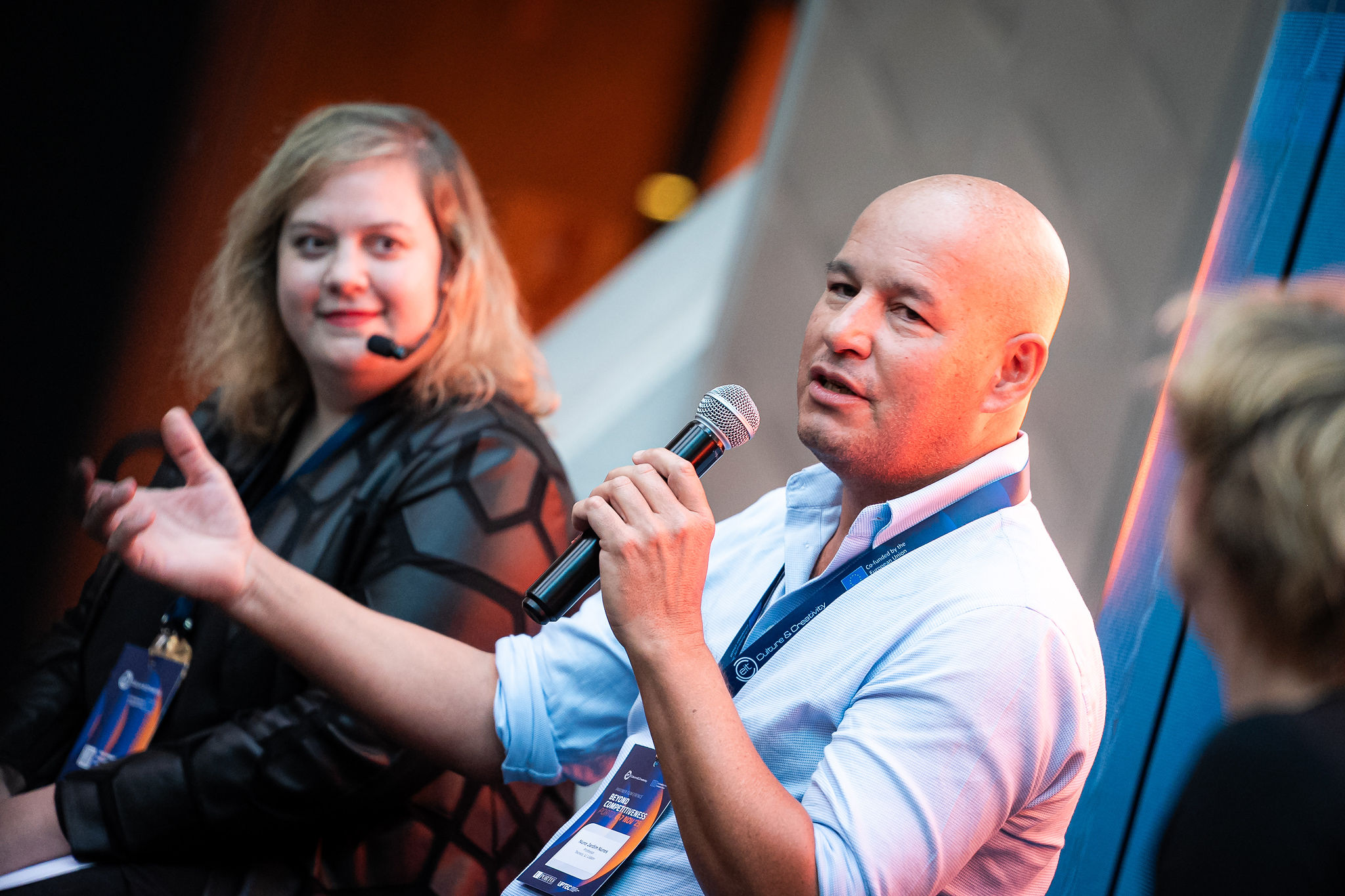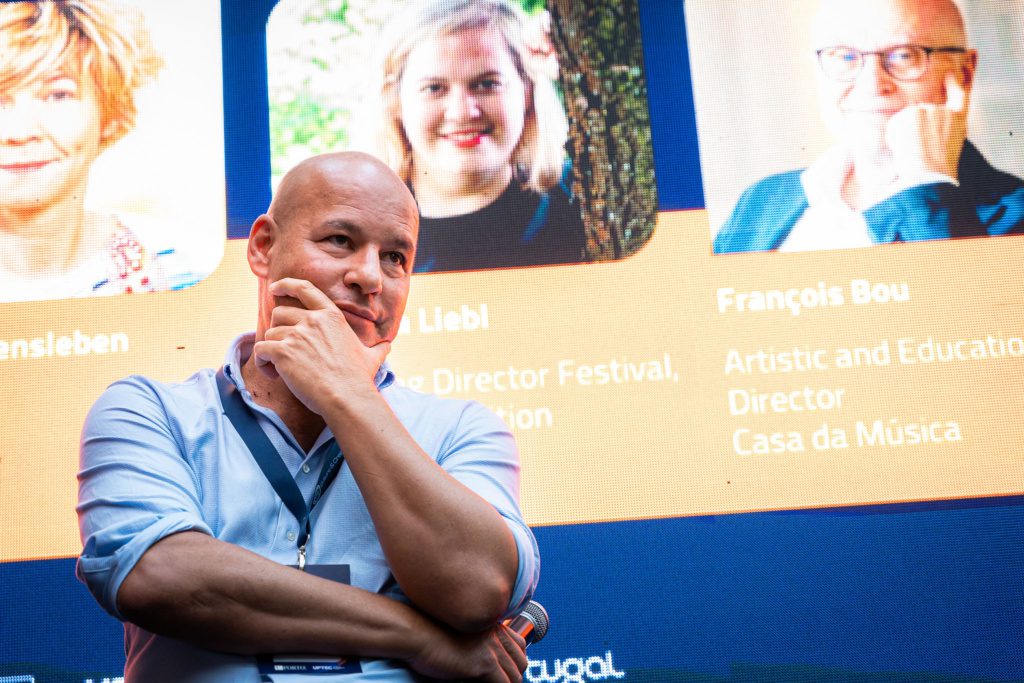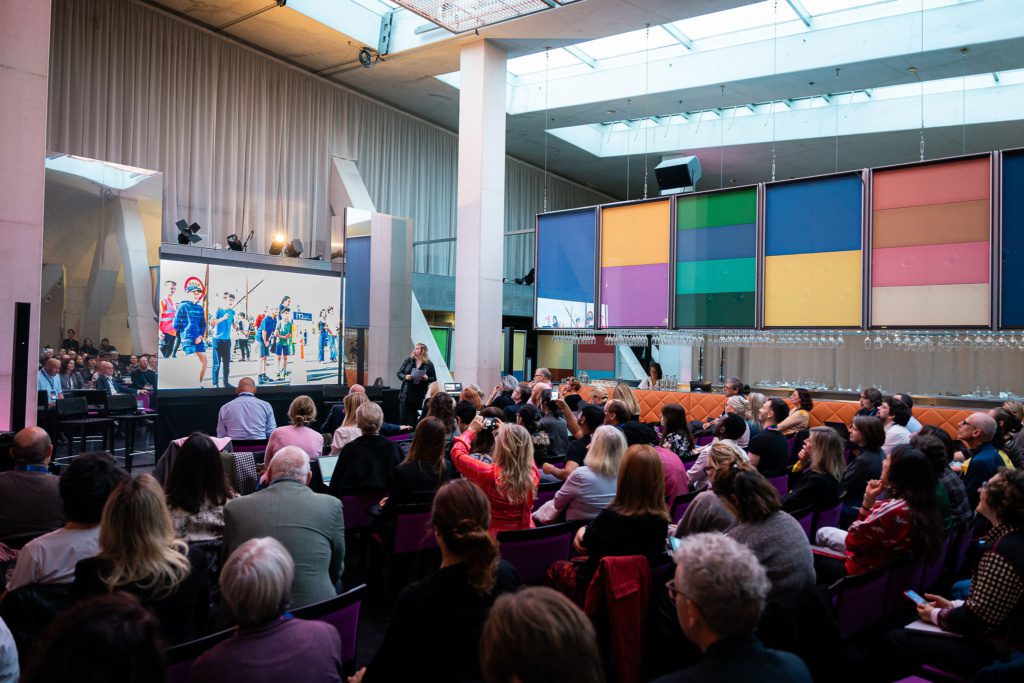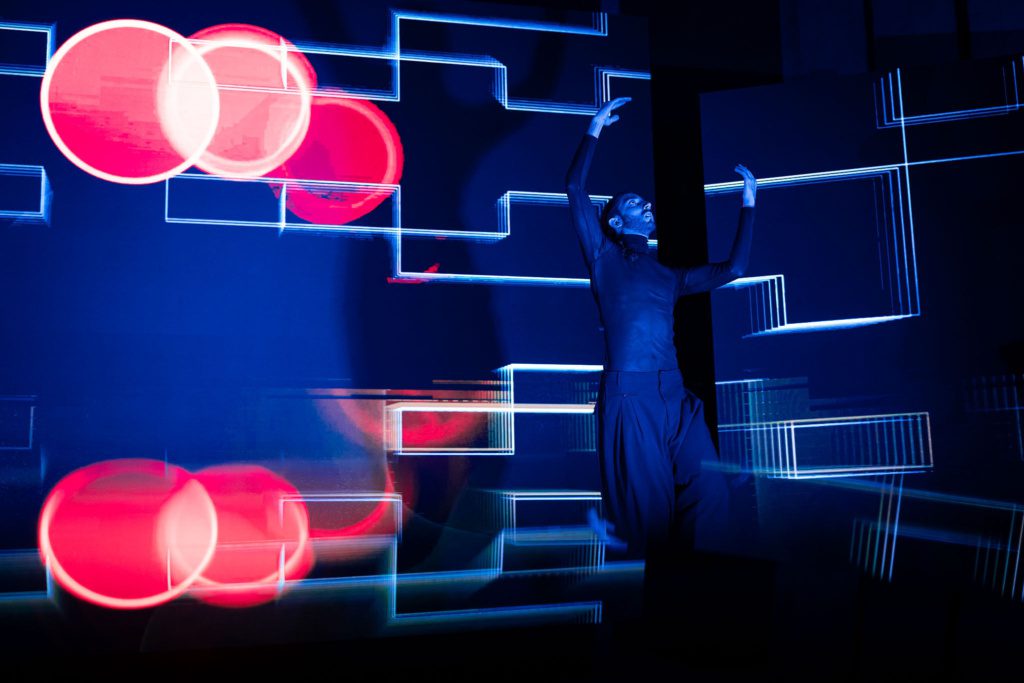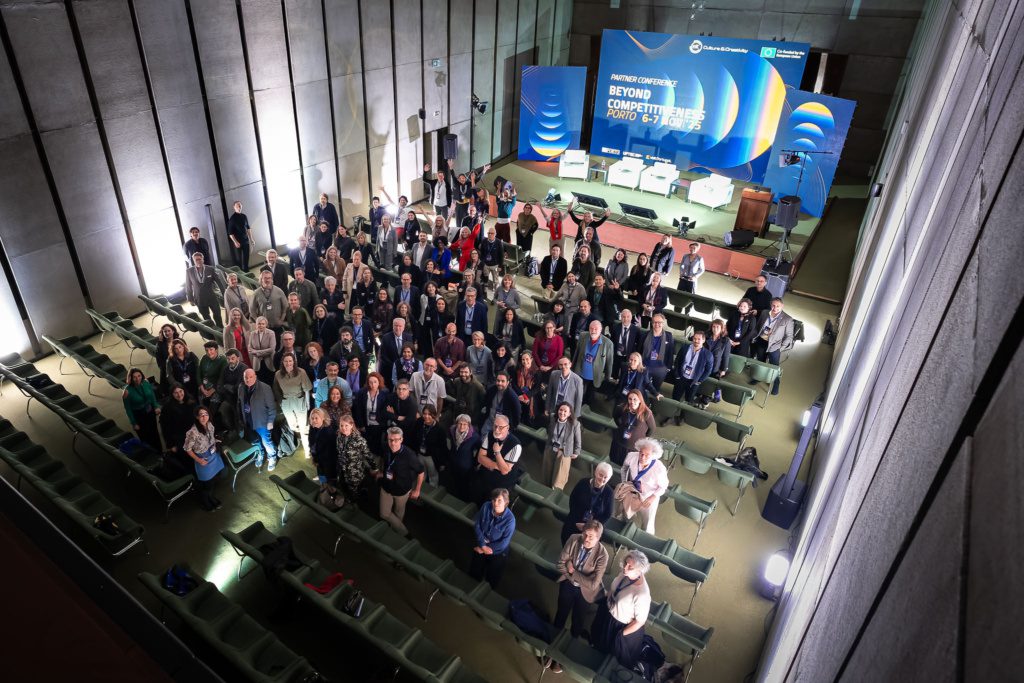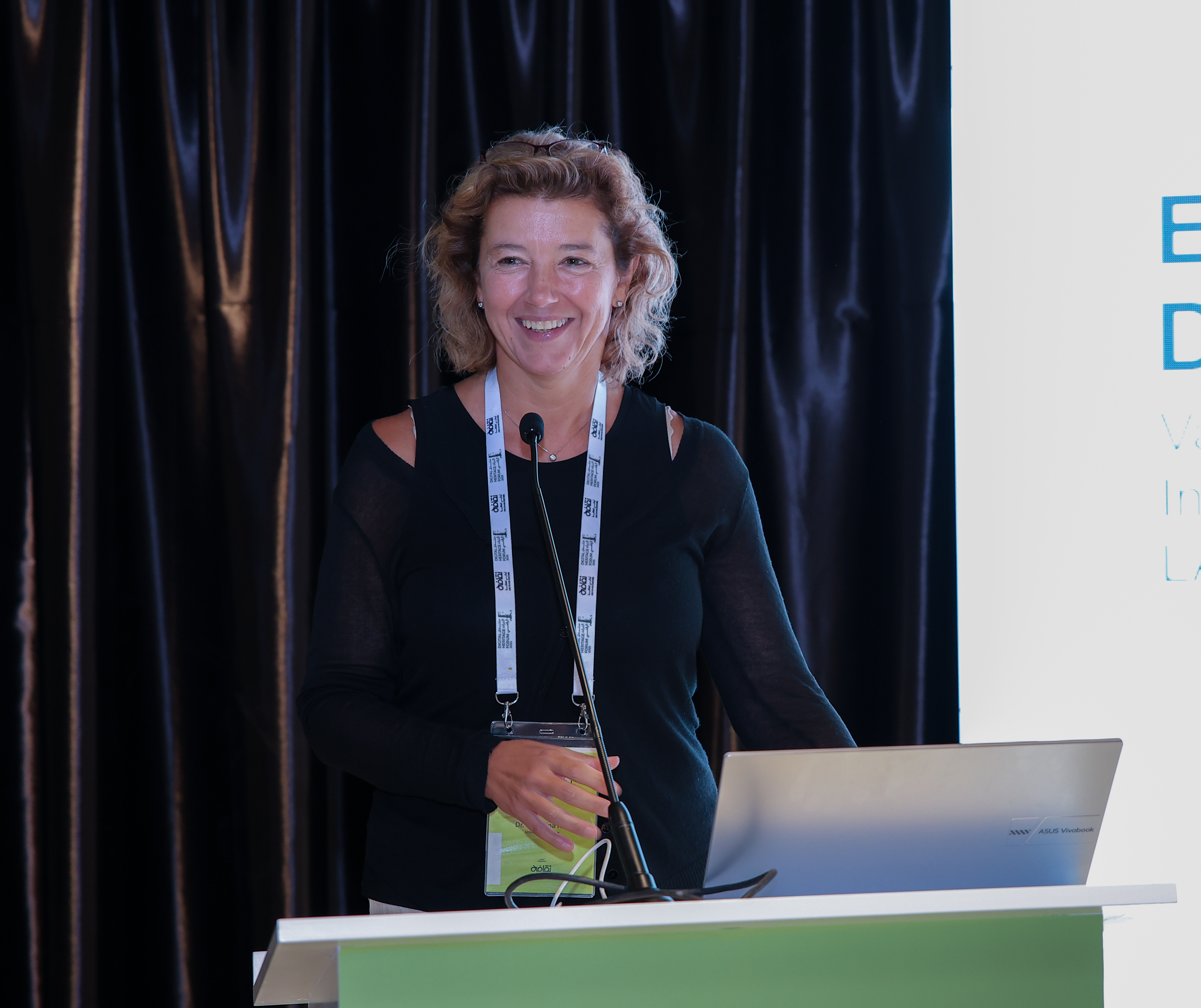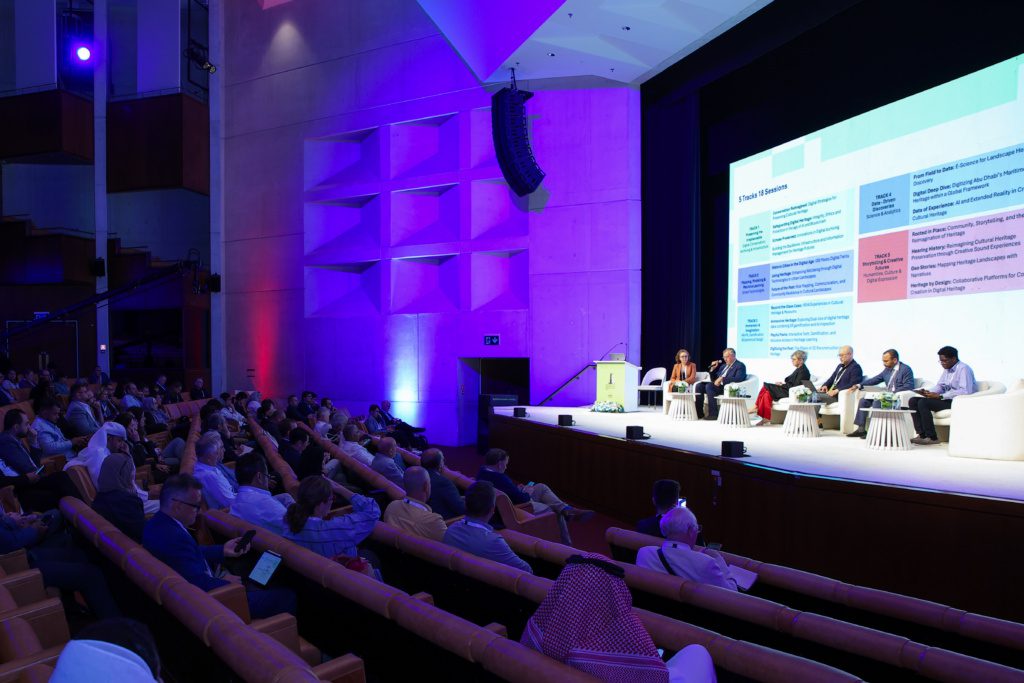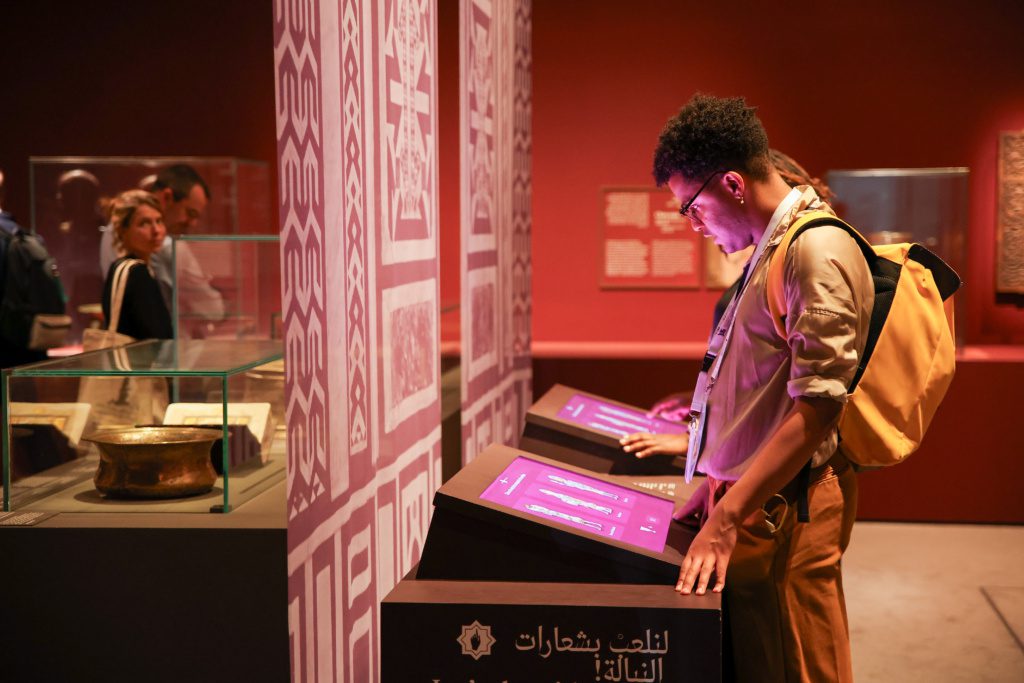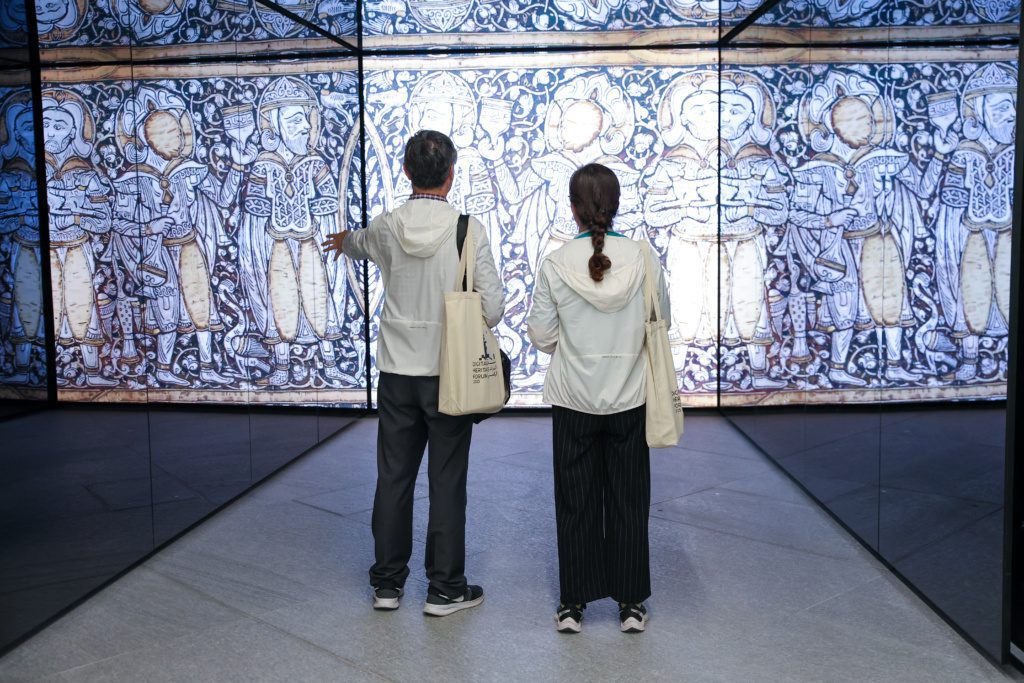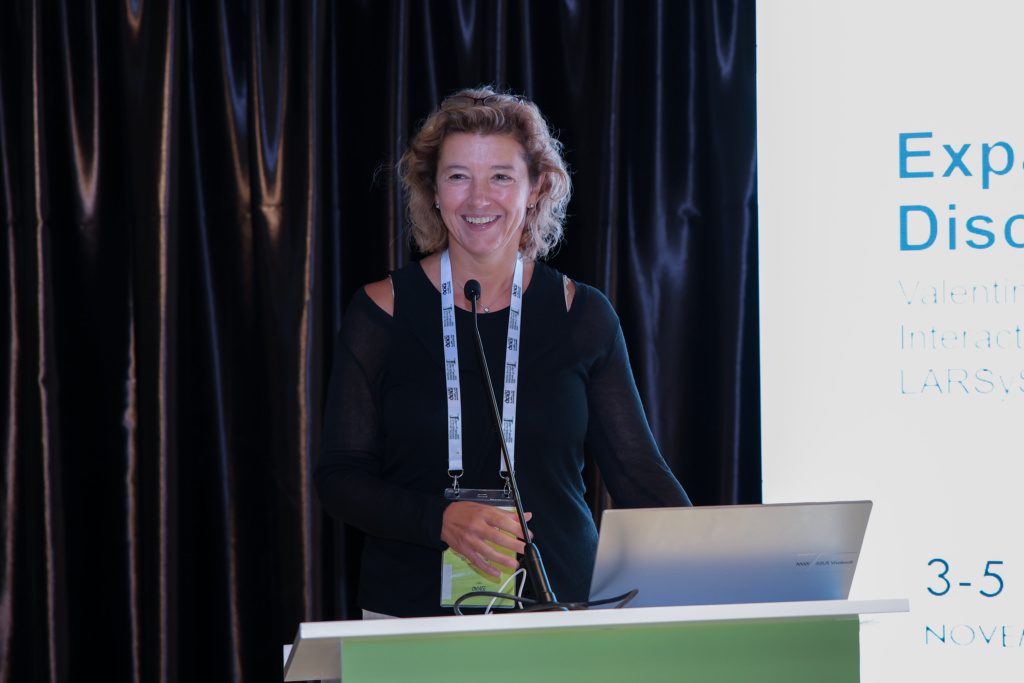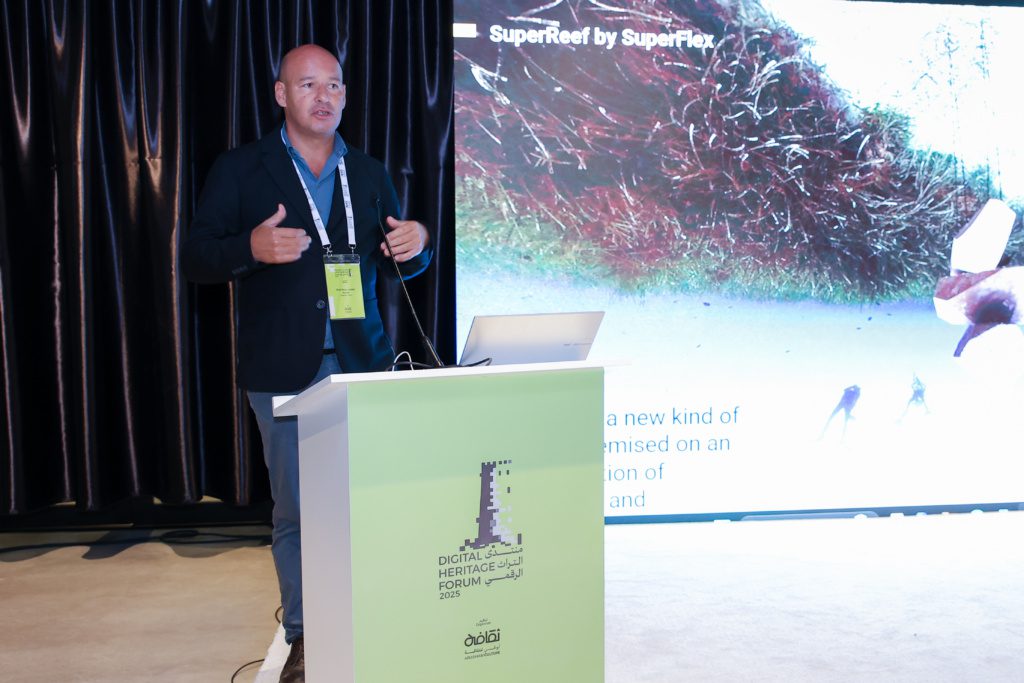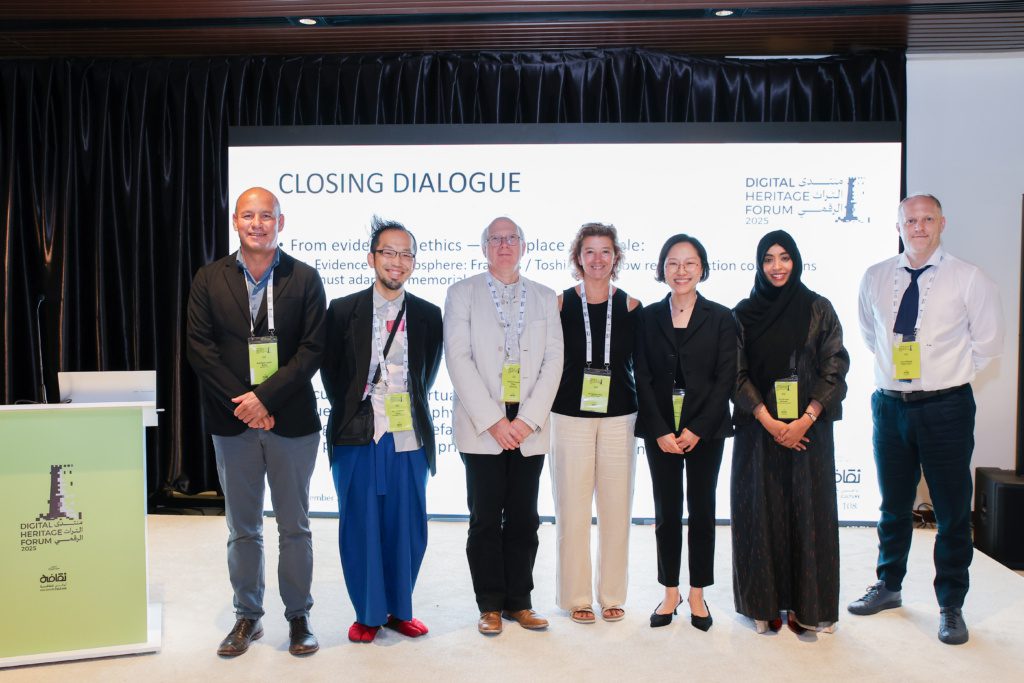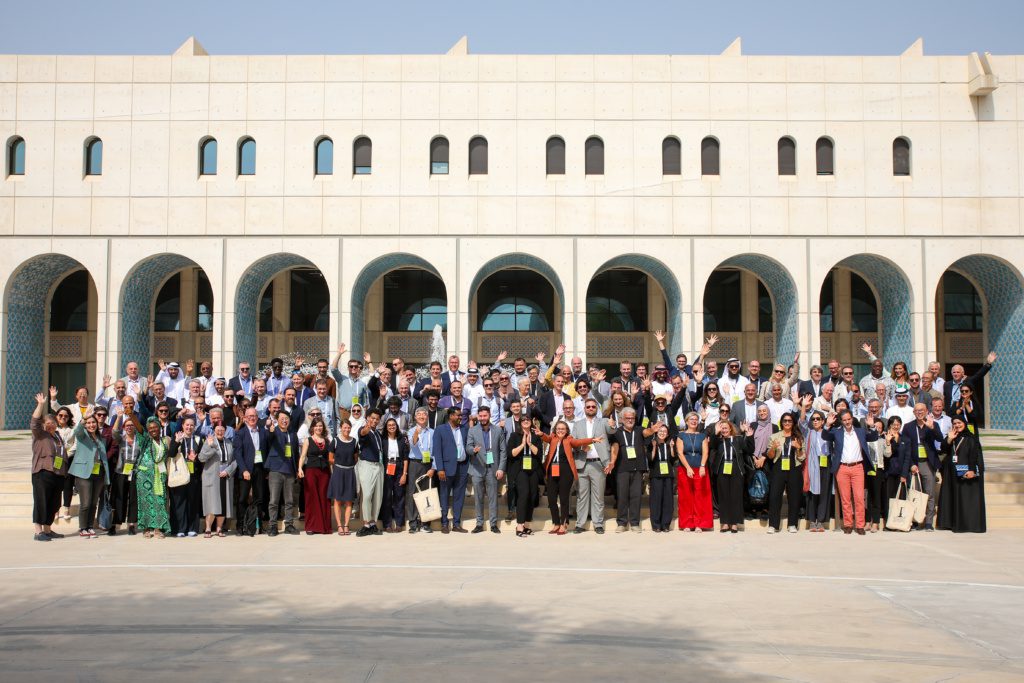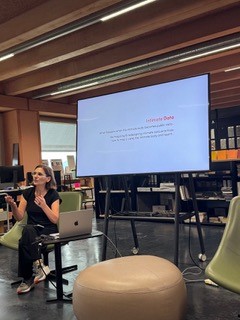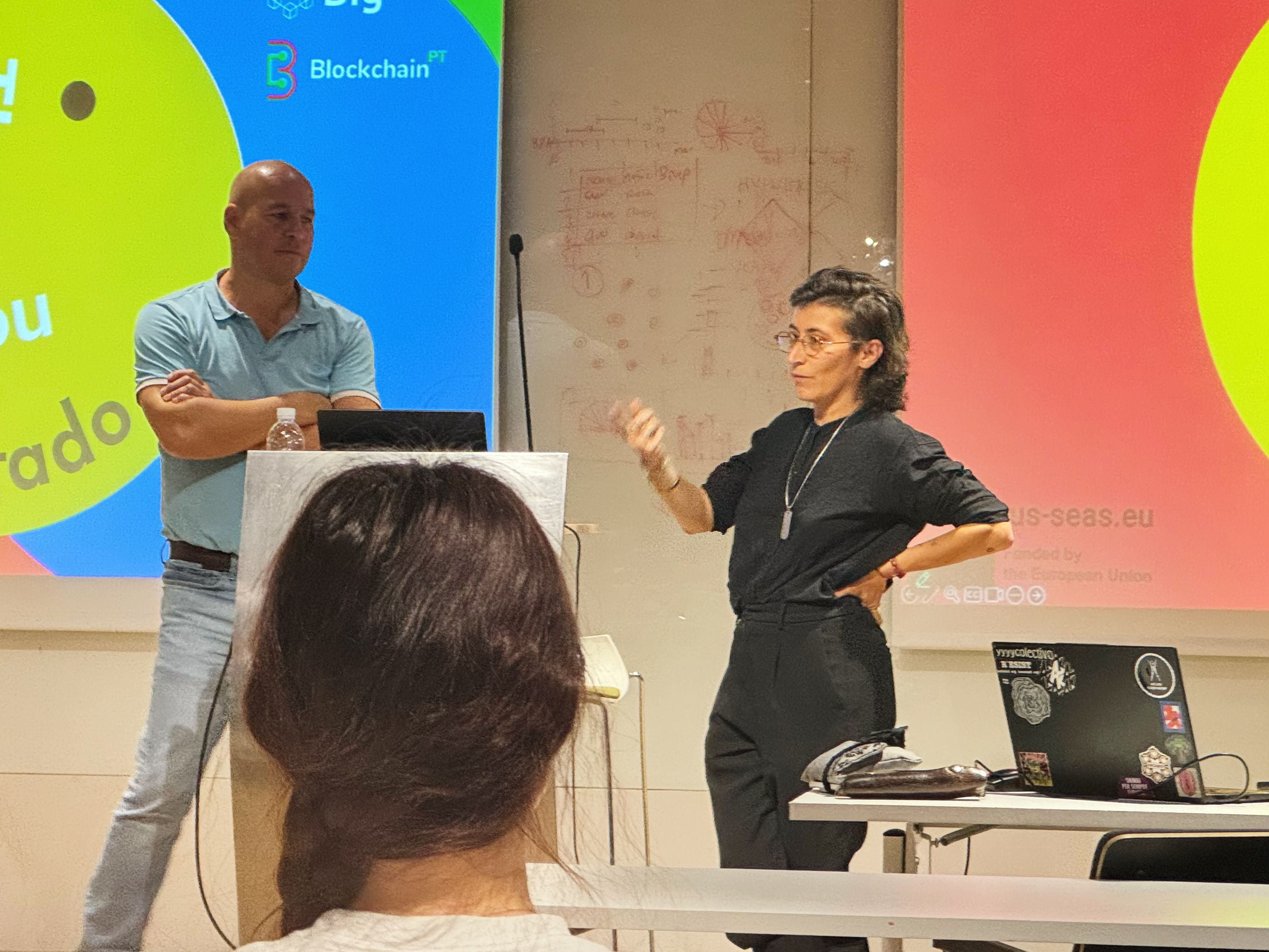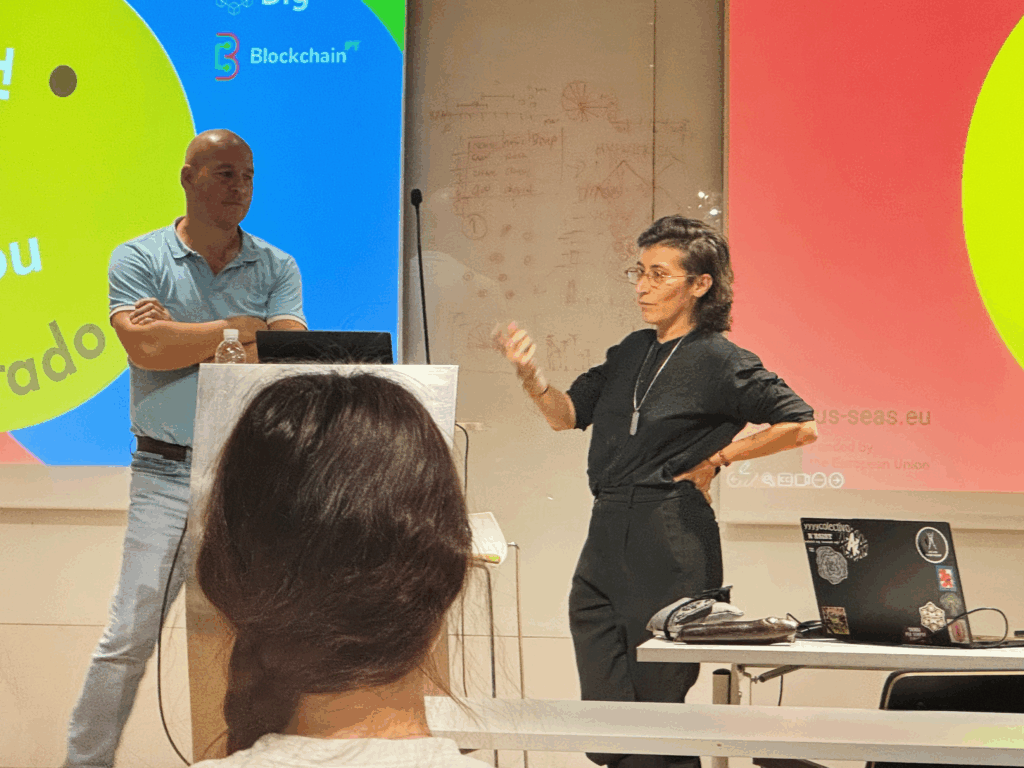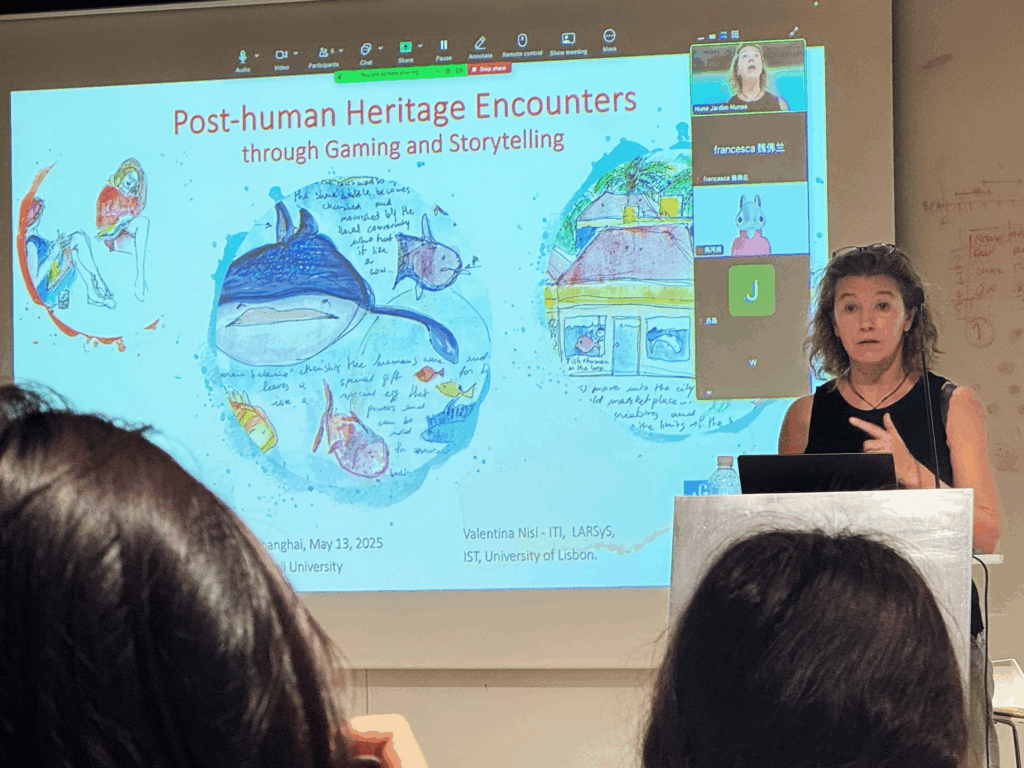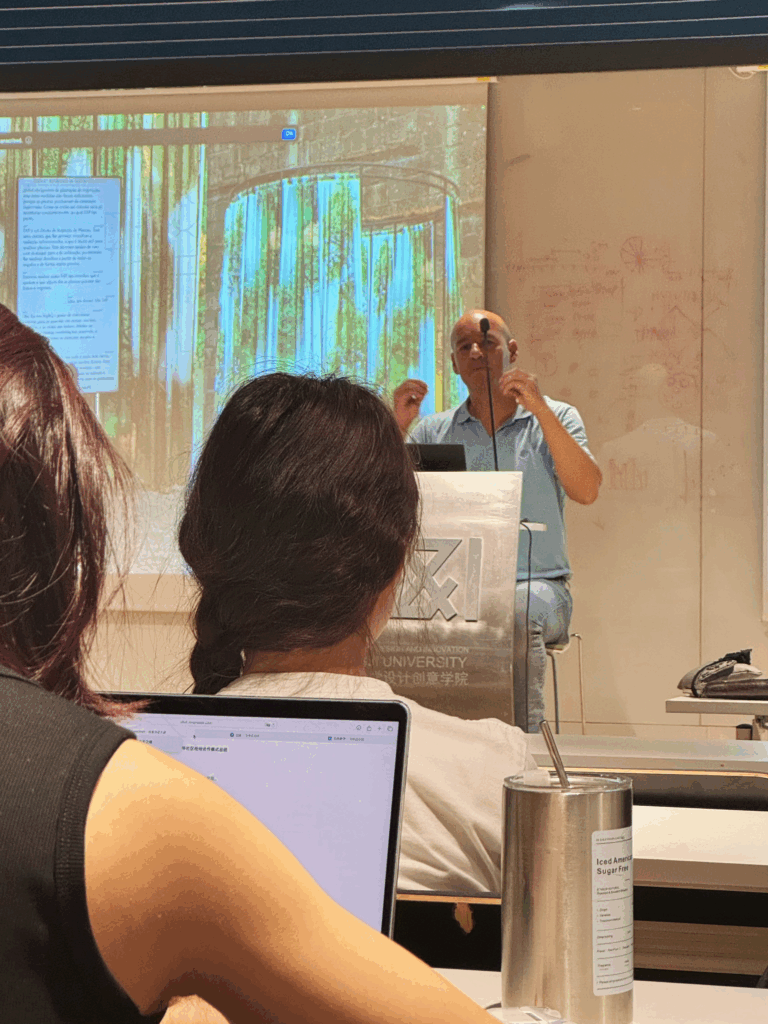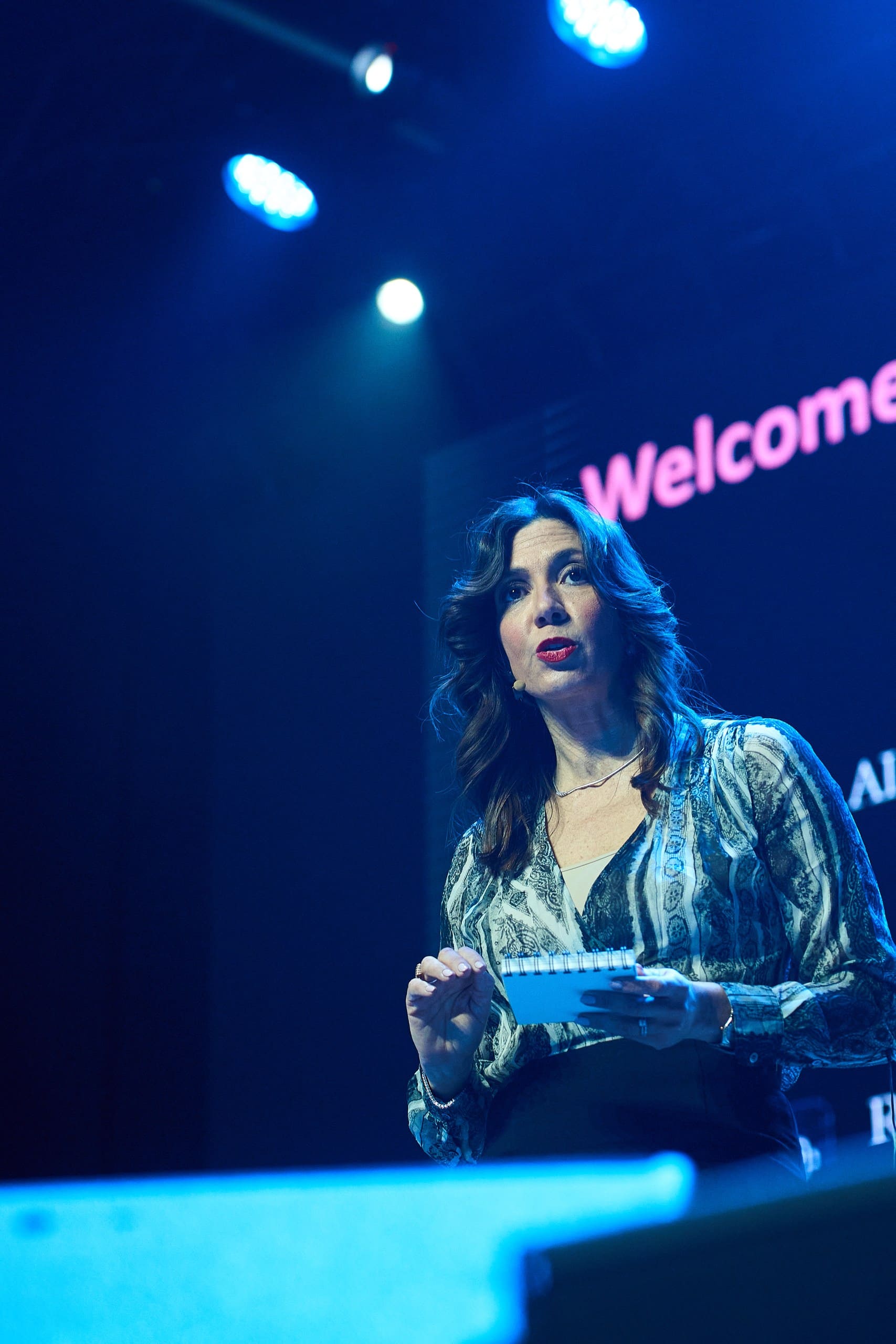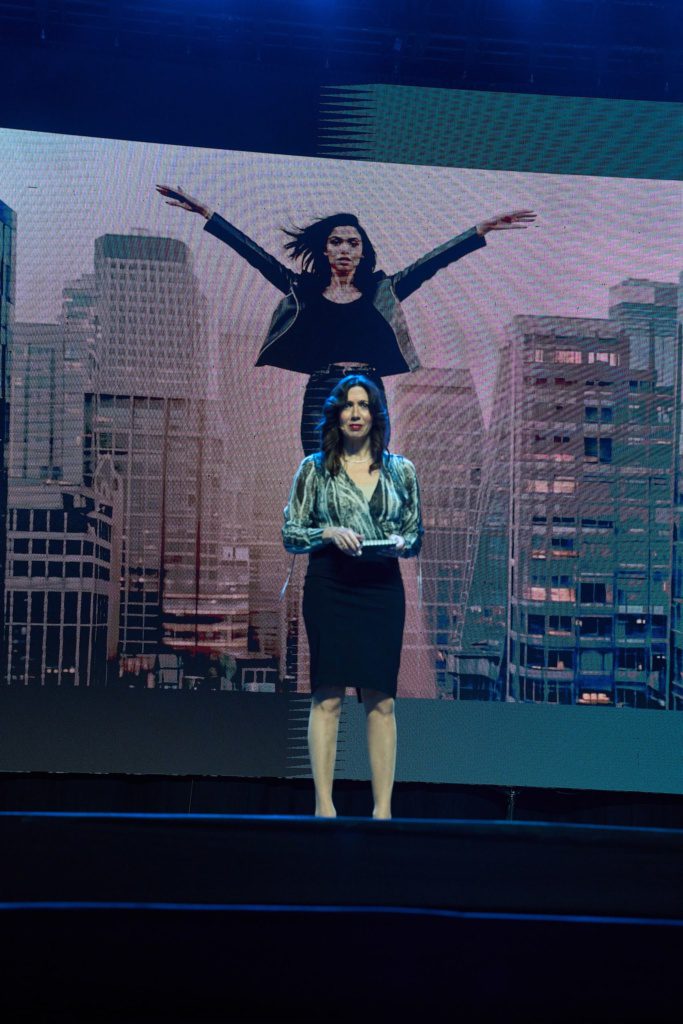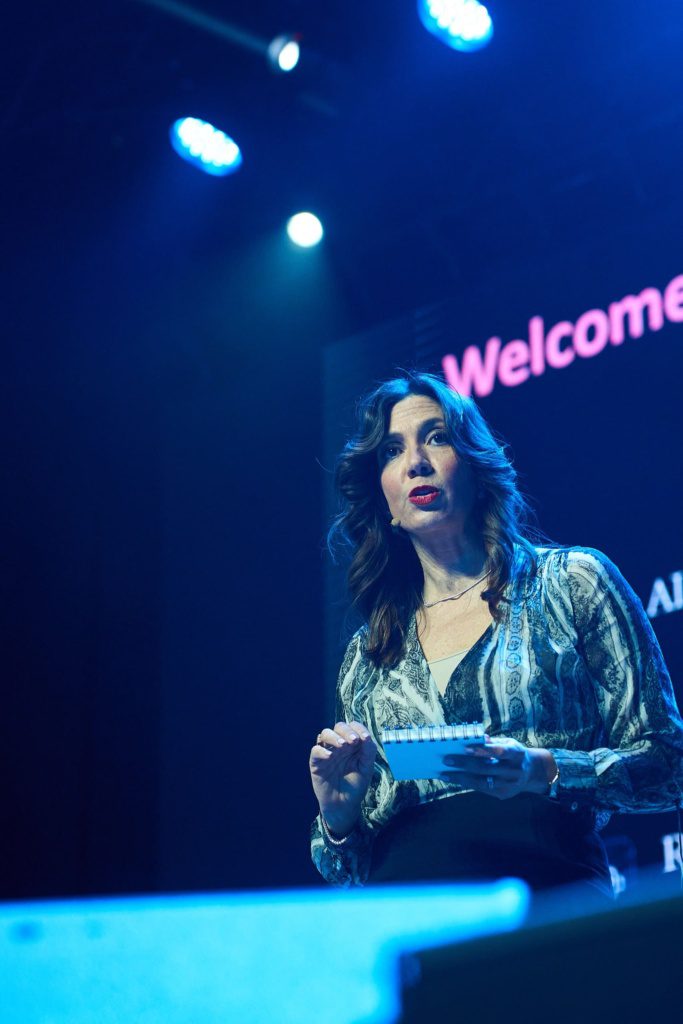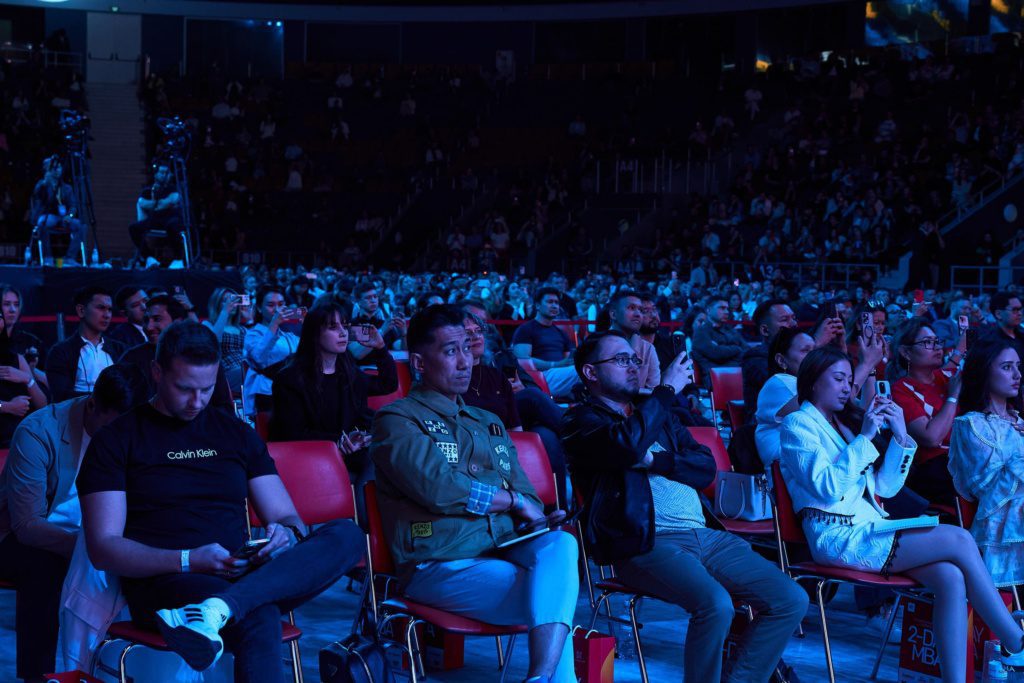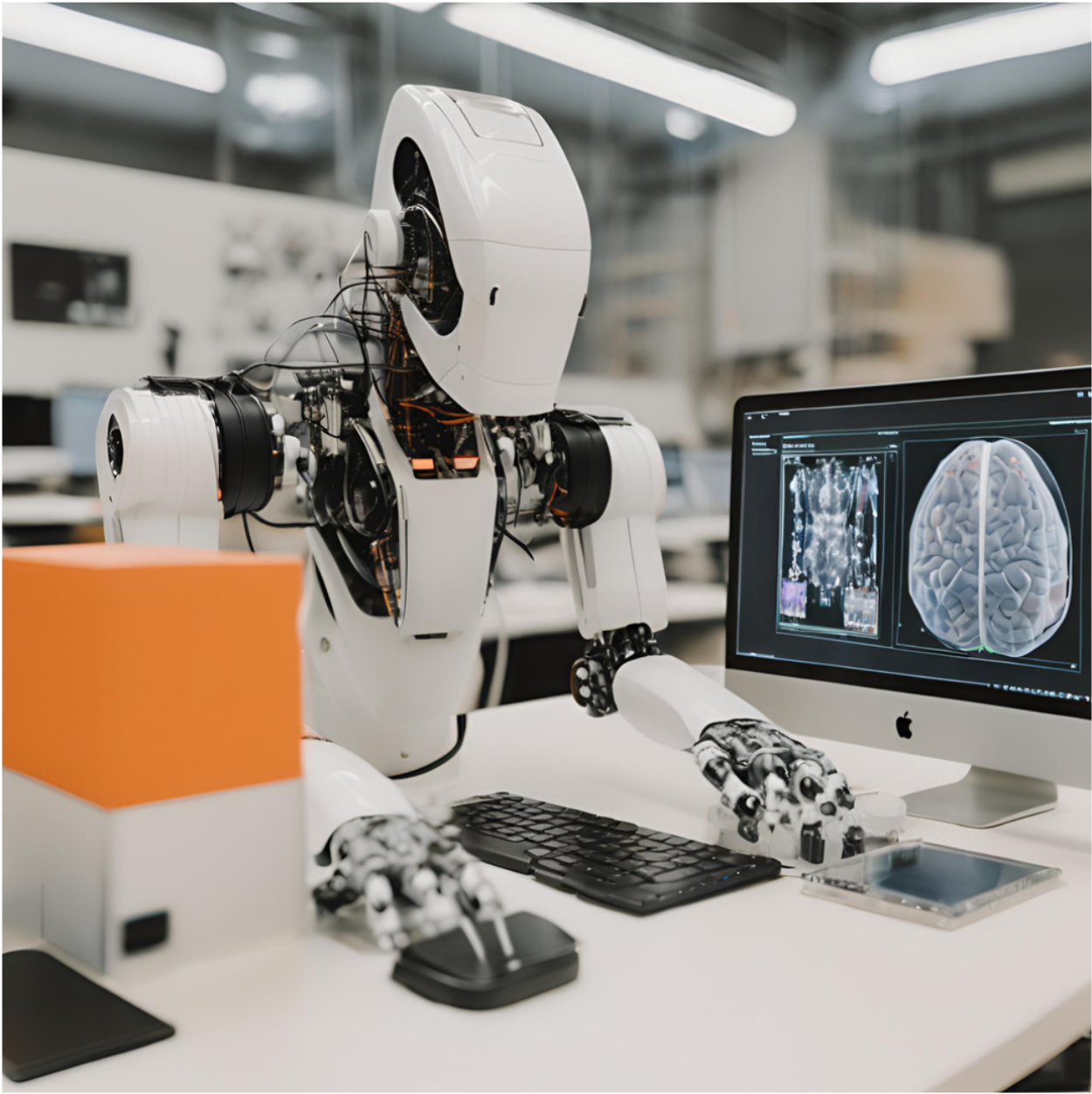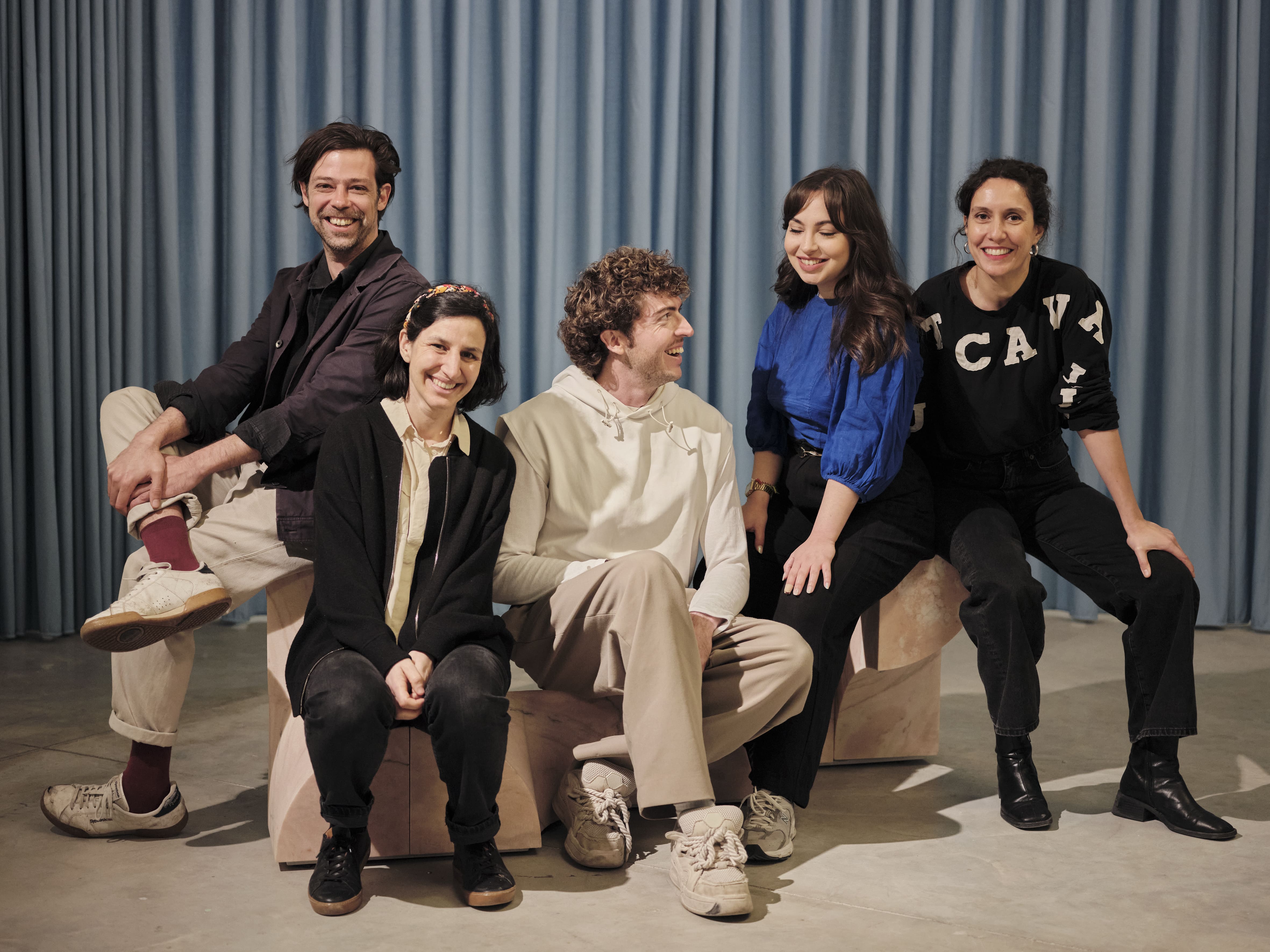The Interactive Technologies Institute wants to allow young students to experience the field of Human-Computer Interaction, contributing to their academic excellence from an early stage. Therefore, we invite highly motivated students to apply for a research assistant position running this Summer. We offer 13 Summer Internships (BIIC) starting in June 2025, with a fixed duration of 3 months.
The Summer Internships program is available to all undergraduate or master’s students, and the 13 positions are open from the 14th to the 29th of April 2025. For you to apply, please go to BL108/2025, and follow the guidelines for your application submission
It offers the students opportunities to engage in scholarly research with accomplished scholars and peers and ample opportunity for interaction among students and faculty.
Students must read the projects carefully and contact the supervisor for additional information. Below, we list the different research summer internships that are available.
Note: You can apply to more than one project.
1. Gamified VR Medical Drawing Table
Supervisors: João Afonso, MSc | Co-supervisor: Prof. Daniel Simões Lopes
Read more
This project aims to design and develop a gamified Virtual Reality (VR) drawing table for retinal image segmentation using Optical Coherence Tomography (OCT) data. The intern will utilize a Meta Quest 3 and an MX Ink VR pen to create an interactive system that allows clinicians to perform manual segmentation, classification, and annotation of supersized OCT images (2D OCT B-scans). The system will incorporate 3D OCT volume rendering for enhanced visualization, while pen-based input on a touchscreen will streamline drawing tasks, reducing segmentation time and improving diagnostic workflows. Gamification elements inspired by existing image segmentation tools (e.g., LabelMe, Eyewire, Mozak, and Zooniverse) will be explored to enhance user engagement. Medical professionals will be actively involved in the design process, ensuring seamless integration into clinical workflows. This system has the potential to assist ophthalmologists in patient education, surgical planning, and teaching OCT-based radiologic anatomy through interactive systems.
Student profile: Experience with Unity and C# is welcome although not mandatory. Familiarity with VR development and medical image visualization is a plus.
eGamesLab WP(s): WP2. Development of Advanced in-Game Virtual and Augmented RealityeGamesLab Partner(s): https://egameslab.pt/the-consortium/
2. Marker Augmentation for Avatar Reconstruction via Deep Learning
Supervisors: Ivo Roupa, PhD | Co-supervisor: Prof. Daniel Simões Lopes
Read more
This internship aims to develop a marker augmentation algorithm to improve the accuracy of human pose estimation by increasing the number of keypoints generated by Human Pose Estimation (HPE) algorithms. To achieve this, a Deep Neural Network will be developed to reconstruct missing information for various human body segments using available datasets.
The work plan includes: i) Perform a state-of-the-art (SOTA) review on marker augmentation for human analysis via deep learning using monocular data; ii) Create, train, test, and validate algorithms for marker augmentation and human analysis; iii) Apply the developed algorithms to a case study in sports for real-world application and testing.
Student profile: Candidate must have a solid background in programming, preferably in Python3, and knowledge of machine learning algorithms and architectures.
eGamesLab WP(s): WP2. Development of Advanced in-Game Virtual and Augmented RealityeGamesLab Partner(s): https://egameslab.pt/the-consortium/
3. Assessing the Mental Health Benefits of the Chill App for University Students
Supervisors: Dr. Paulo Nascimento | Co-supervisor: Dr. Élvio Gouveia
Read more
University students often face mental health challenges such as anxiety, depression, and sleep deprivation due to the high-pressure academic environment. In response, technology, including mental health apps, has shown the potential to promote mental well-being.
In this ongoing mixed-methods study, the student will collaborate on quantitative and qualitative data analysis to explore the role of technology in supporting mental health. The student will be able to assist in analyzing survey data, interviews, and app usage patterns, contributing to the overall understanding of how technology can enhance student mental health.
Student profile: A psychology undergraduate student, to assist in organizing databases, transcribing qualitative data, and contributing to the overall analysis of this study.
eGamesLab WP(s): WP2
eGamesLab Partner(s): Infinity games
4. Enhancing Emotional Well-Being: The Impact of the Chill App on Informal Caregivers
Supervisors: Dr. Beatriz Perez | Co-supervisor: Dr. Élvio Gouveia
Read more
An informal caregiver is someone who provides care to a person in need, often a family member or a friend. Caregiving can be highly demanding, leading to fatigue, stress, and low energy levels, leaving caregivers with little time for themselves or for engaging in relaxing activities.
This mixed-methods study explores the role of a relaxation app and its activities in supporting the emotional well-being of informal caregivers. The student will collaborate on the study by assisting in interview analysis and evaluating the impact of these activities on caregivers’ emotional states. Their contributions will help deepen the understanding of how this technology can enhance caregivers’ well-being.
Student profile: An undergraduate student in Informatics to assist with transcription, qualitative data analysis, and the overall research findings.
eGamesLab WP(s): WP2
eGamesLab Partner(s): Infinity games
5. AI-powered approach for effective pseudo-haptic effects in teleoperation
Supervisor: Prof. José Luís Silva and Prof. Rodrigo Ventura
Read more
The increasing complexity of space exploration missions requires advanced solutions for effective human-robot collaboration, particularly in teleoperation tasks. As the role of humans in space missions remains critical, ensuring effective control of robotic systems, such as our SpaceCobot (a robot designed to assist astronauts inside orbiting space stations), requires adequate user interfaces (UI). Teleoperation systems for space exploration often face challenges related to cognitive overload, lack of situational awareness, and inefficiencies in human-robot interaction. Traditional user interfaces fail to dynamically adapt to the user’s needs however, with the advent of AI technologies there is a growing potential to develop UIs with adaptive pseudo-haptics that respond to real-time user reaction.
This research aims to explore and understand the viability of AI-models to identify the operator’s reactions to different pseudo-haptic teleoperation UI. This viability will be demonstrated by the development of a report. The proposal seeks to optimize pseudo-haptic effect effectiveness by maintaining high levels of operator situation awareness in real/virtual teleoperation.
Student profile: Student with Engineering background (e.g., Aerospace, Informatics, Electrical), AI knowledge and interest in Human-Robot Interaction
Student profile: Student with Engineering background (e.g., Aerospace, Informatics, Electrical), AI knowledge and interest in Human-Robot Interaction
eGamesLab WP(s): WP2
eGamesLab Partner(s): https://egameslab.pt/the-consortium/
6. Investigating Digital Games for Stress Anxiety Relief
Supervisor: Prof. Hugo Nicolau
Read more
Stress relief is essential in today’s fast-paced world as it helps maintain mental and physical health. Chronic stress can lead to various health issues, including heart disease, depression, and anxiety. Moreover, it can negatively impact productivity and social relationships.
This project aims to investigate whether digital games can be used to relieve stress and anxiety. The student will directly collaborate with the Infinity game company and evaluate one of their products. We will design and conduct a controlled laboratory study to assess the efficiency of digital games and their features in reducing anxiety.
Student profile: interest in mobile games, human-computer interaction, and user studies.
eGamesLab WP(s): WP2
eGamesLab Partner(s): Infinity
7. Exploring Energy Communities in a Transformative Game with LLMs: Game Improvements and Evaluatio
Supervisor: Dr. Lucas Pereira, Dr. Paulo Bala
Read more
The global shift towards sustainability has sparked new ideas for reorganizing daily life in a more eco-friendly way. One concept is “energy communities,” where local communities are imagined to be more closely connected to renewable energy projects in their area. This conceptualization engages citizens in thinking about energy ownership, participation, and sharing through a prosocial lens. As this vision becomes a reality, we want to engage participants in how future energy communities will be enacted and lived in. For that matter, we seek a highly motivated student interested in exploring the potential of advanced AI technologies by creating a transformative game about energy communities. Our game prototype takes advantage of recent advances in Large Language Models (LLMs) to allow interactive and dynamic play centered around challenges and opportunities of living within a community. Based on an existing game design document and assets, the interns will use Unity to develop a game prototype in collaboration with other artists and researchers. The selected candidate will work in person at the Interactive Technologies Institute in Funchal under the supervision of Dr. Lucas Pereira and Dr. Paulo Bala.
Student profile: Students with Computer Engineering degrees with an interest in Games and LLMs. The candidate should be proficient in programming (C#) and be willing to learn how to develop a game in an engine such as Unity.
eGamesLab WP(s): WP3 – Design and Development of AI-powered Interactive Storytelling
eGamesLab Partner(s): WoWSystems
8. Energy Communities in a Transformative Game with LLMs: Webservices and Unity Integration
Supervisor: Dr. Lucas Pereira | Dr. Paulo Bala
Read more
The rapid advancements in generative AI have opened new possibilities for interaction and automation. In the context of sustainable energy, advanced AI models like Large Language Models (LLMs) can help facilitate participation and decision-making in energy communities. To make these models more accessible and interactive, we are looking for a highly motivated student to develop a web-services API that enables seamless remote access to LLMs running online and integrate it into an existing Unity-based application.
The selected candidate will be responsible for designing and implementing a robust API that connects online AI models to external applications, ensuring scalability, security, and efficiency. Additionally, the candidate will update an existing Unity application to interact with this API, enabling real-time AI-driven interactions within the application. The work will involve integrating existing AI services, optimizing API performance, and collaborating with researchers to create intuitive and engaging user experiences.
This internship will take place in person at the Interactive Technologies Institute in Funchal, under the supervision of Dr. Lucas Pereira and Dr. Paulo Bala.
Student profile: Students with Computer Engineering degrees interested in Games and LLMs. The candidate should be proficient in programming (C#, Python, TypeScript) and be willing to learn how to develop web services to interact with LLM Models.
eGamesLab WP(s): WP3 – Design and Development of AI-powered Interactive Storytelling
eGamesLab Partner(s): WoWSystems
9. Positive Play: Co-Designing Speculative Games to Raise Awareness of Mental Health and Wellbeing
Supervisor: Dr. Viviane Peçaibes | Co-supervisor: Dr. Luciana Lima
Read more
Games to support the treatment of mental illness and to raise awareness of mental health is a growing field of research. Games have also been explored as tools to support well-being and promote positive behaviours in self-care and prevention.
This research uses co-design and speculative design methodologies to co-create games focused on mental health and well-being with higher education students and mental health professionals in two countries (Portugal and Brazil).
Student profile: Students of Social Sciences, Psychology or related areas with an interest in mental health. Students should have an interest in qualitative research and be proficient in Portuguese.
eGamesLab WP(s): WP2
eGamesLab Partner(s): https://egameslab.pt/the-consortium/
10. LuDICA— Ludic Digital Inclusion and Connected Arts
Supervisor: Dr. Luciana Lima | Co-supervisor: Dr. Viviane Peçaibes
Read more
How can digital games support the ongoing digital transition without leaving anyone behind? What are the key principles and concepts in the official documents of the European and Portuguese Digital Transition Program? And how can we inform them playfully and interactively?
There is a growing body of research on the role of video games in learning different school concepts and content, and as a means of acquiring digital skills. This project aims to develop an interactive/game-based guide for people interested in learning about a set of key concepts related to the fundamental pillars of action for the digital transition.
Student profile: Multimedia and Design students who have a good grasp of digital illustration techniques. Having some experience in 2D and 3D animation is an advantage for this application.
11. Leveraging Exergame Play for Healthy Nutrition Practices
Supervisor: Dr. Mara Dionísio | Dr. Paulo Bala
Read more
Most exergames (video games aligned with physical activity) highlight the potential of this type of intervention to promote regular exercise routines. Exergames for children and adolescents have also highlighted benefits for improving executive functions, social interaction and academic performance.
Addressing several sustainable development goals (SDG 2-4), this research will leverage exergaming as an educational intervention for Nutrition and Health. This innovative approach takes advantage of the motivational power of play to instill lifelong healthy behaviors in a fun and accessible manner. As such, the student will work with other scholarship holders (students working in VR/AR/MR exergames) to design and implement a prototype exergame for children and adolescents.
* This proposal is for two internships, where the two students will work together.
Student profile:
- Background in Digital Media, with experience in asset creation (2D/3D) and Unity3D.
- Background in Informatics, with experience in programming Unity3D.
eGamesLab WP(s): WP2 https://egameslab.pt/work-packages/
eGamesLab Partner(s): https://egameslab.pt/the-consortium/
12. Visualizing Tidaletic Portraits of Aquatic Ecosystems
Supervisor: Prof. Nuno Jardim Nunes
Read more
The CS intern will develop an interactive web implementation of “Tidalectic Portraits” over 12 weeks. Initial work includes collaborating with researchers to understand intertidal datasets and prototyping basic D3.js visualizations capturing land-water rhythms. The middle phase focuses on building a responsive visualization system representing multispecies interactions across tidal cycles, seasonal changes, and species movements—incorporating both quantitative ecological data and qualitative observations. Final weeks will be spent refining the user interface, adding interactive features enabling exploration of different temporal perspectives and nonhuman viewpoints, and optimizing for complex datasets. Throughout the internship, the student will participate in field sessions to understand the ecological context, attend regular code reviews, conduct user testing with researchers, and deliver a functional web application that translates posthumanist ecological concepts into an accessible digital experience.
Student profile: Computer Science and Engineering with experience in D3, JScript and information visualization.
eGamesLab WP(s): https://egameslab.pt/work-packages/
eGamesLab Partner(s): https://egameslab.pt/the-consortium/
13. Zoöp model, an organisational framework fostering regenerative relationships between humans and nonhumans
Supervisor: Prof. Nuno Jardim Nunes
Read more
The intern will develop a DAO implementation of the Zoöp model’s multispecies governance framework over 12 weeks. Initial work involves designing smart contracts that codify the tripartite structure: Speaker for the Living representation, Zoönomic Institute knowledge-sharing protocols, and Zoönomic Foundation oversight functions. The middle phase focuses on creating blockchain voting systems that weight ecological impacts alongside traditional governance, and tokenization mechanisms representing nonhuman stakeholders’ interests. Final weeks will concentrate on developing ecological data integration interfaces, verification systems for regenerative actions, and visualization tools demonstrating multispecies impact of organizational decisions. Throughout the internship, the student will collaborate with environmental scientists and blockchain experts, conduct stakeholder testing of the governance model, and deliver a functional DAO prototype that translates the Zoöp’s philosophical framework into a decentralized system prioritizing ecological well-being while enabling transparent multispecies collaboration.
Student profile:Computer Science and Engineering with experience in blockchain technologies.
eGamesLab WP(s): WP1
eGamesLab Partner(s): https://egameslab.pt/the-consortium/
